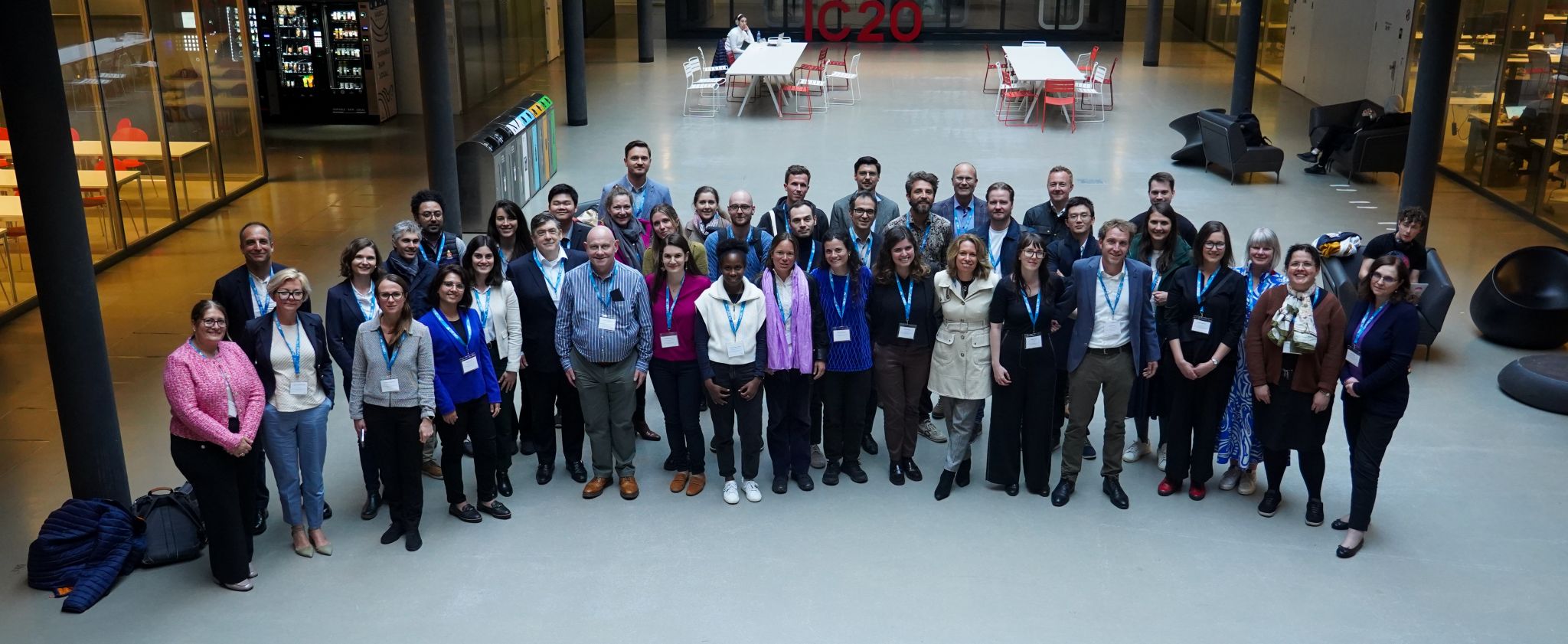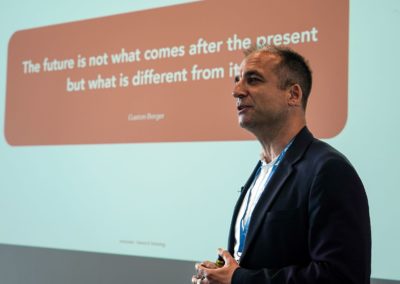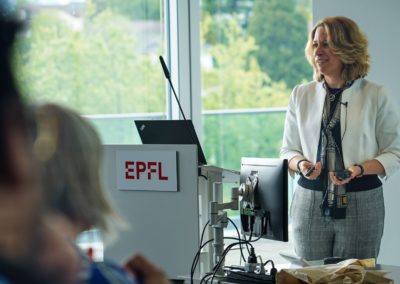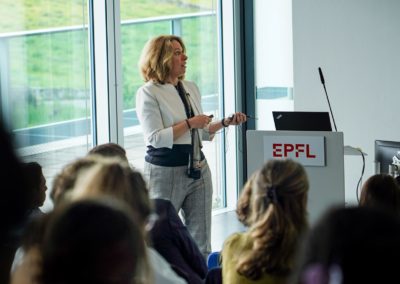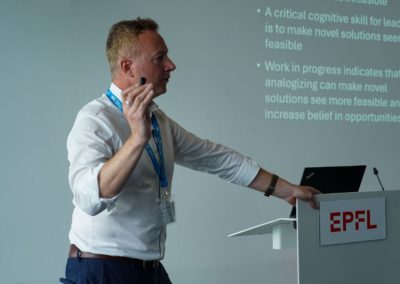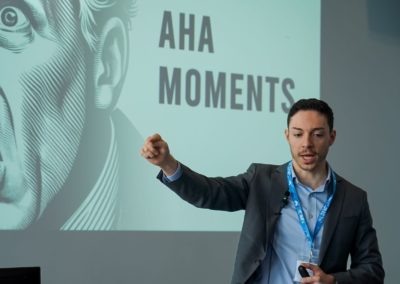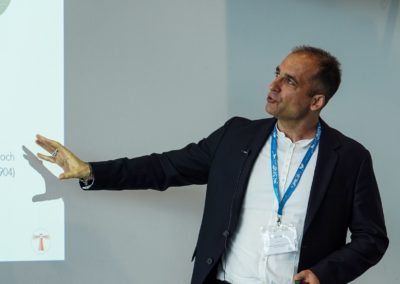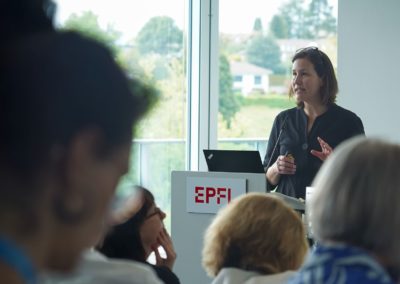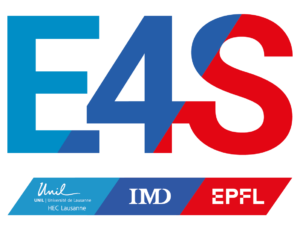Reimagining Tomorrow: Alternative Futures for Organization and Management
Idea Development Workshop & Expert Panel
To be held in person
University of Lausanne
May 6 and 7, 2024
Organized by
- Patrick Haack (University of Lausanne)
- Lionel Saul (University of Lausanne)
- Ekaterina Stepaniak (University of Lausanne)
Sponsored by
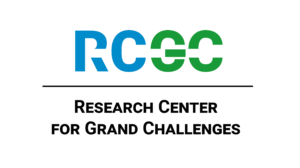
Partner
Confirmed Experts
- Ali Aslan Gümüşay (LMU Munich)
- Estefania Amer (University of Lausanne)
- Nicky Dries (KU Leuven)
- Alex Fergnani (Higher Colleges of Technology)
- Mark Healey (Alliance Manchester Business School)
- Quentin Ladetto (armasuisse)
- Ewa Lombard (Montpellier Business School)
- Anette Mikes (Oxford)
- Natalie Slawinski (Gustavson School of Business)
- Amanda Williams (IMD Lausanne)
Purpose and Agenda
This Idea Development Workshop builds on the growing conversation in management and organizational studies about the role of future imaginaries in developing solution-oriented approaches to societal grand challenges. We welcome the submission of early project ideas with a conceptual, empirical, and/or methodological focus to help consolidate the emerging research stream on alternative futures. Our workshop aims to build synergies with the EGOS Standing Working Group on Desirable Futures and to advance the research agenda for the next decade.
The workshop will provide an opportunity for participants to discuss and learn about recent advances in alternative futures research, to develop a network in the field, and to receive individual feedback on project ideas and work in progress. Accepted participants are invited to stay for one or two nights at the Starling, a four-star hotel near the HEC campus in Lausanne. There is no conference fee and lunches, coffee breaks and dinners are free of charge.
On the afternoon of May 6, we will begin with presentations and discussions on current trends and future directions in alternative futures research. Senior scholars will share their insights and experiences in the field. In the evening, we will offer a networking program and dinner. The morning of May 7 will focus on roundtable sessions to help participants develop their working papers and project ideas.
The selection of papers and project ideas will be based on a 500-word abstract. Early stage work is welcome and full papers are not expected. The deadline for submitting abstracts is 11:59 pm, April 8, 2024.
11:59 pm,
April 8
Deadline for abstract submission
April 15
Notification of acceptance
April 20
Deadline for final registration
May 6 and 7
Workshop
Project ideas will be selected based on a 500-word abstract. Early stage work is welcome and full papers are not expected. The deadline for submitting abstracts is 11:59 pm, April 8, 2024
Contact
For questions regarding the workshop please contact Lionel Saul (lionel.saul@unil.ch).
Workshop location
The workshop will take place in Lausanne, one of the economic and intellectual hubs of Switzerland and Europe, a 40-minute train ride from Geneva airport.
Logistics and Support to Participants
Accepted participants are invited to stay for one or two nights at the Starling, a four-star hotel near the HEC campus in Lausanne. There is no conference fee and lunches, coffee breaks and dinners are complementary. Participants must make their own travel arrangements to Lausanne. Participants are expected to attend the full program, which begins with keynote speeches at 2 pm on May 6 and ends at approximately 4 pm on May 7.
Organizers
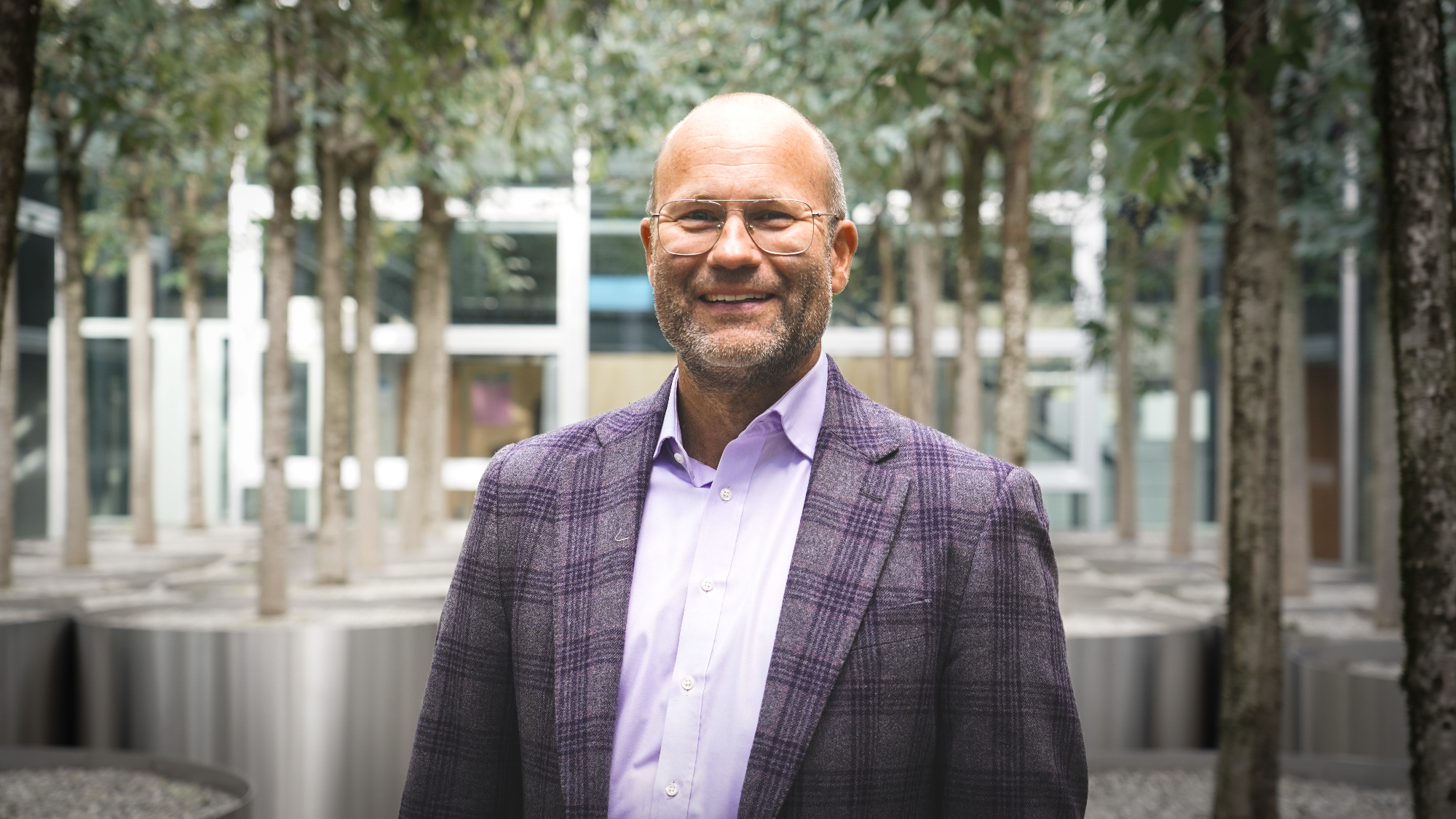
Patrick Haack
University of Lausanne
Patrick is a Professor of Strategy and Responsible Management in the Department of Strategy, Globalization and Society at HEC Lausanne, University of Lausanne. He serves as the Director of the HEC Research Center for Grand Challenges and is an International Research Fellow at the Oxford University Centre for Corporate Reputation. Patrick’s research interests center on the organizational adoption and implementation of CSR as well as the application of experiments and formal models to the study of strategy and organizational processes. A major focus of his current research relates to the conceptual and empirical exploration of legitimacy, a crucial antecedent of social and institutional change. In this context, he is examining legitimacy dynamics in the fields of tax avoidance, anti-corruption, and human rights. One of his emerging research streams is the study of “intergenerational discounting,” a psychological tendency to perceive a desired result for future generations as less valuable than an equivalent result for the present generation.

Lionel Saul
University of Lausanne
Lionel is a recent PhD Student & part-time Researcher at HEC Lausanne, University of Lausanne, in the Department of Strategy, Globalization, and Society. His research will encompass theoretical frameworks and empirical studies of foresight and future-making within strategic decision-making in an ever-changing world. The topic of his PhD focuses on how the strategic implementation of corporate foresight can equip organizations to navigate and tackle grand challenges like climate change.
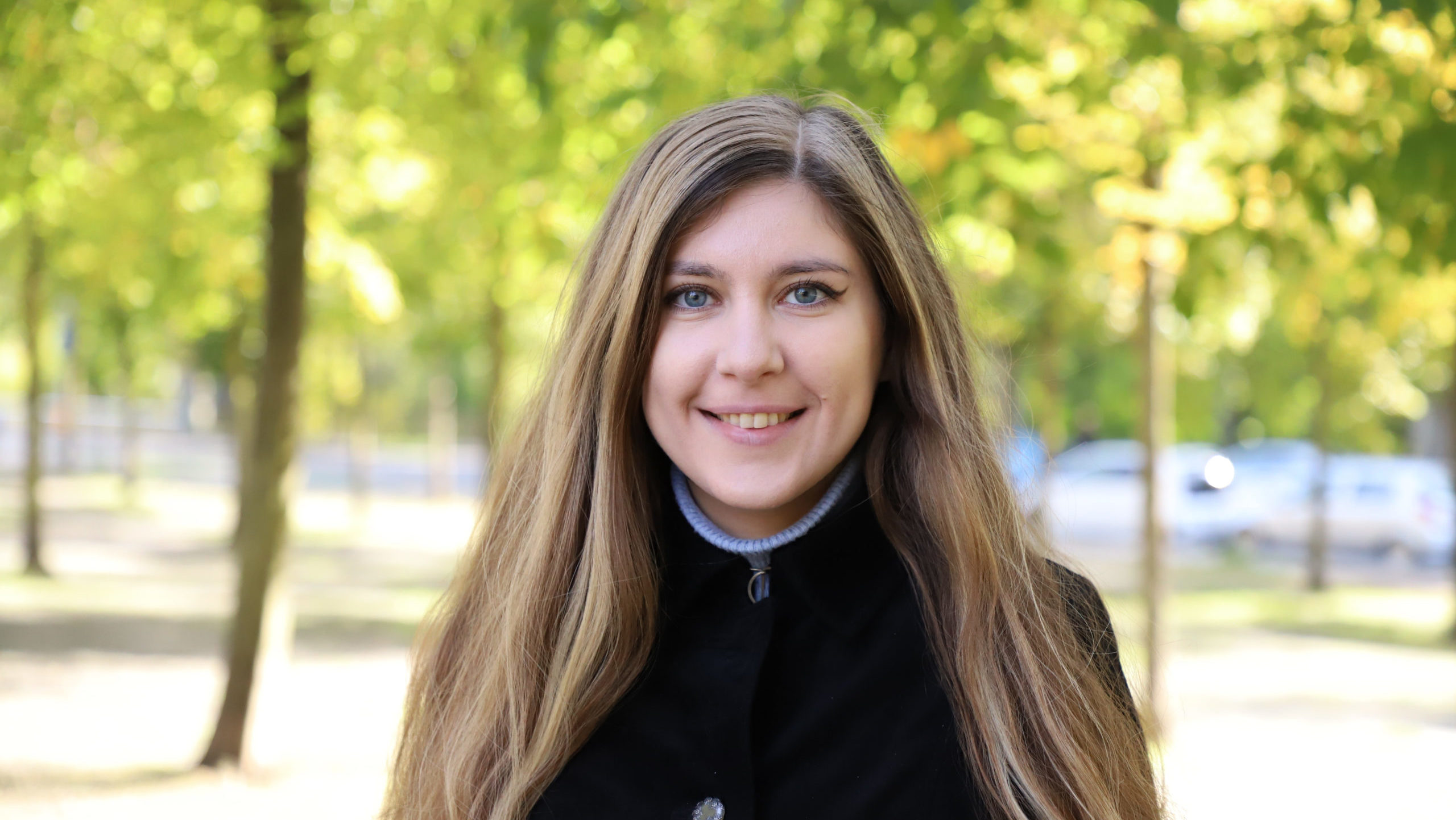
Ekaterina Stepaniak
University of Lausanne
Ekaterina Stepaniak is a PhD candidate and Graduate Assistant at HEC Lausanne, in the Department of Strategy, Globalization, and Society. With a Master of Science degree in advanced research in social and affective psychology from the University of Geneva, Ekaterina is investigating topics at the intersection of psychology and management. Her research interests revolve around the delegitimization of inequalities, the implications of diversity and inclusion practices, and the experiences of individuals with intersectional identities in professional settings. Currently, her studies focus on advancing the multilevel theory of legitimacy: her project examines the mechanisms underlying the delegitimization of gender inequalities in managerial roles and its effects on collective action intentions.
Experts
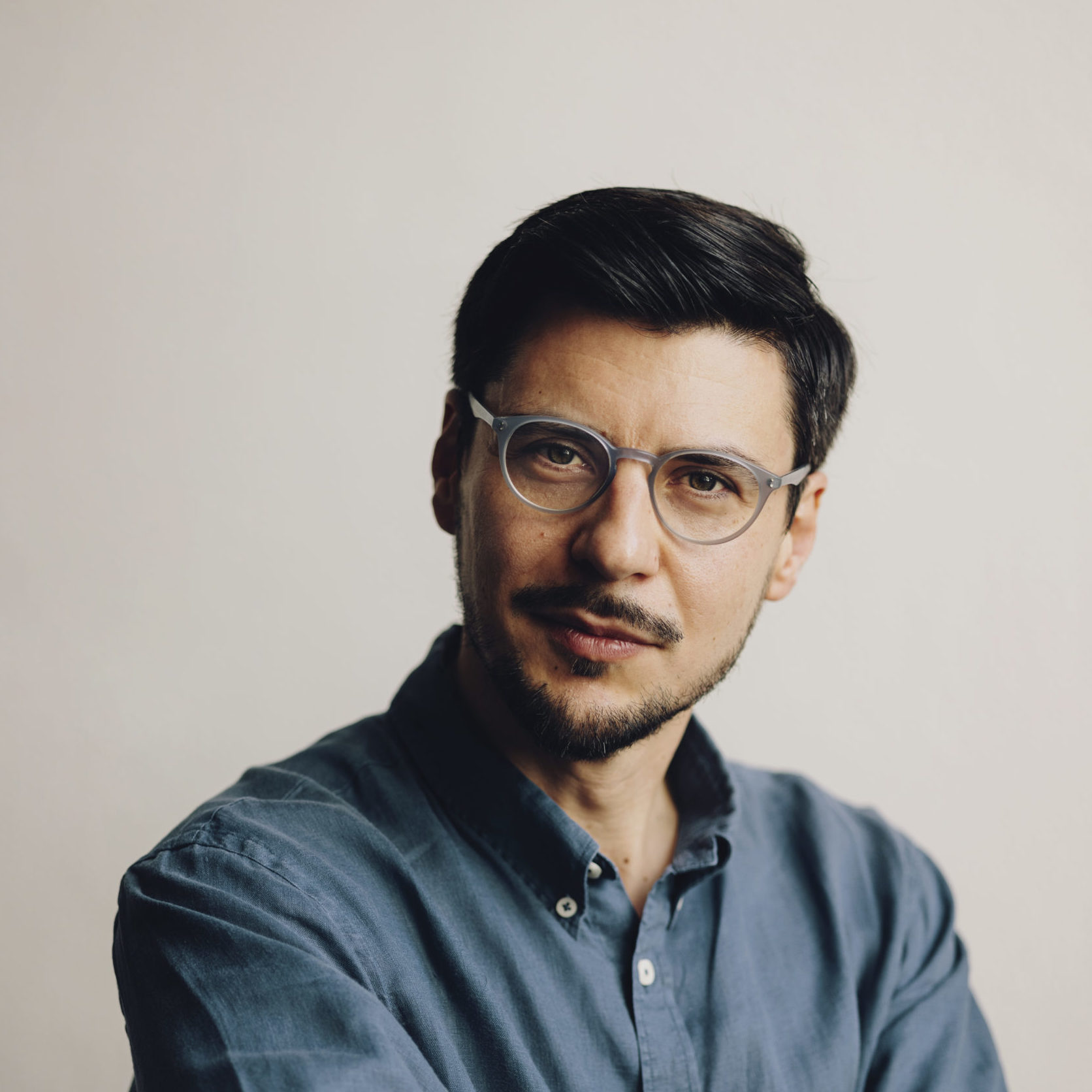
Ali Aslan Gümüşay
LMU Munich
Ali Aslan Gümüşay is professor of Innovation, Entrepreneurship & Sustainability at LMU Munich and head of research group Innovation, Entrepreneurship & Society at the Humboldt Institute for Internet & Society Berlin. His research focuses on (1) values, meaning and hybridity in entrepreneurship, (2) grand challenges, sustainability and new forms of organizing, (3) digitalization, management and innovation as well as (4) impact, scholarship and futures. It has been published in outlets such as Academy of Management Journal, Journal of Management Studies, Organization Theory, and Research Policy.
Prior, Prof. Gümüşay was a Visiting Research Fellow at Judge Business School, University of Cambridge, a senior researcher at the University of Hamburg, a research fellow at Vienna University of Economics & Business, the principal investigator of the DFG network “Grand Challenges & New Forms of Organizing”, and a DAAD Prime Fellow. He received his doctorate from the University of Oxford, where he also worked as a Lecturer in Management at Magdalen College, University of Oxford. Before his DPhil from Saïd Business School, he was a consultant with the Boston Consulting Group.
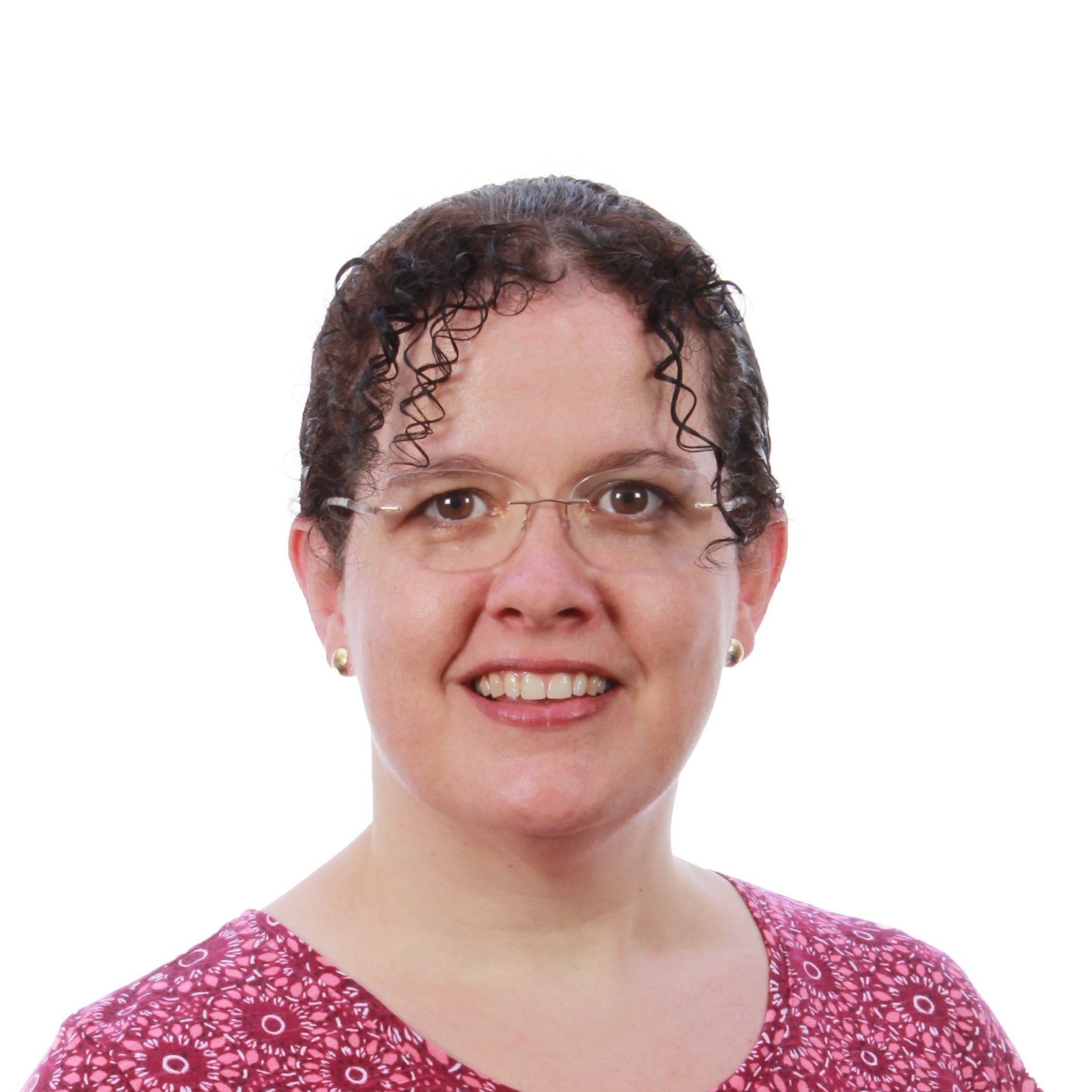
Estefania Amer
University of Lausanne
Estefania Amer is a senior lecturer and researcher at HEC Lausanne. Her research interests are in the areas of the integration of sustainability into business practices, corporate reputation, stakeholder integration, and the key competencies in sustainability that managers need to tackle sustainability challenges, including the futures thinking or anticipatory competency. She has published in Business&Society, Journal of International Management, and Strategic Organization. She is also an expert in the integration of sustainability in education, the Head of Education at HEC Lausanne’s Grand Challenges Research Center, and a member of the Education Division at the Competence Centre in Sustainability (University of Lausanne).

Nicky Dries
KU Leuven
Nicky Dries is Professor of Organizational Behavior at KU Leuven (department of Work & Organisation Studies) and at BI Norwegian Business School in Oslo (department of Leadership & Organizational Behaviour). In Leuven, she runs the Future of Work Lab within the Faculty of Economics, that studies social imaginaries for the future. Nicky is an industrial/organizational psychologist by training; attached to the Future of Work lab she collaborates with a business economist (Philip Rogiers), a historian (Joost Luyckx), and a cultural studies major (Max Bogaert). Their research builds on methods aimed at triggering people’s imagination about the future, using media analysis, robotic art and design, virtual reality, and science-fiction movies. The mission of the Lab is to re-politicize the future of work, and stimulate democratic debate.
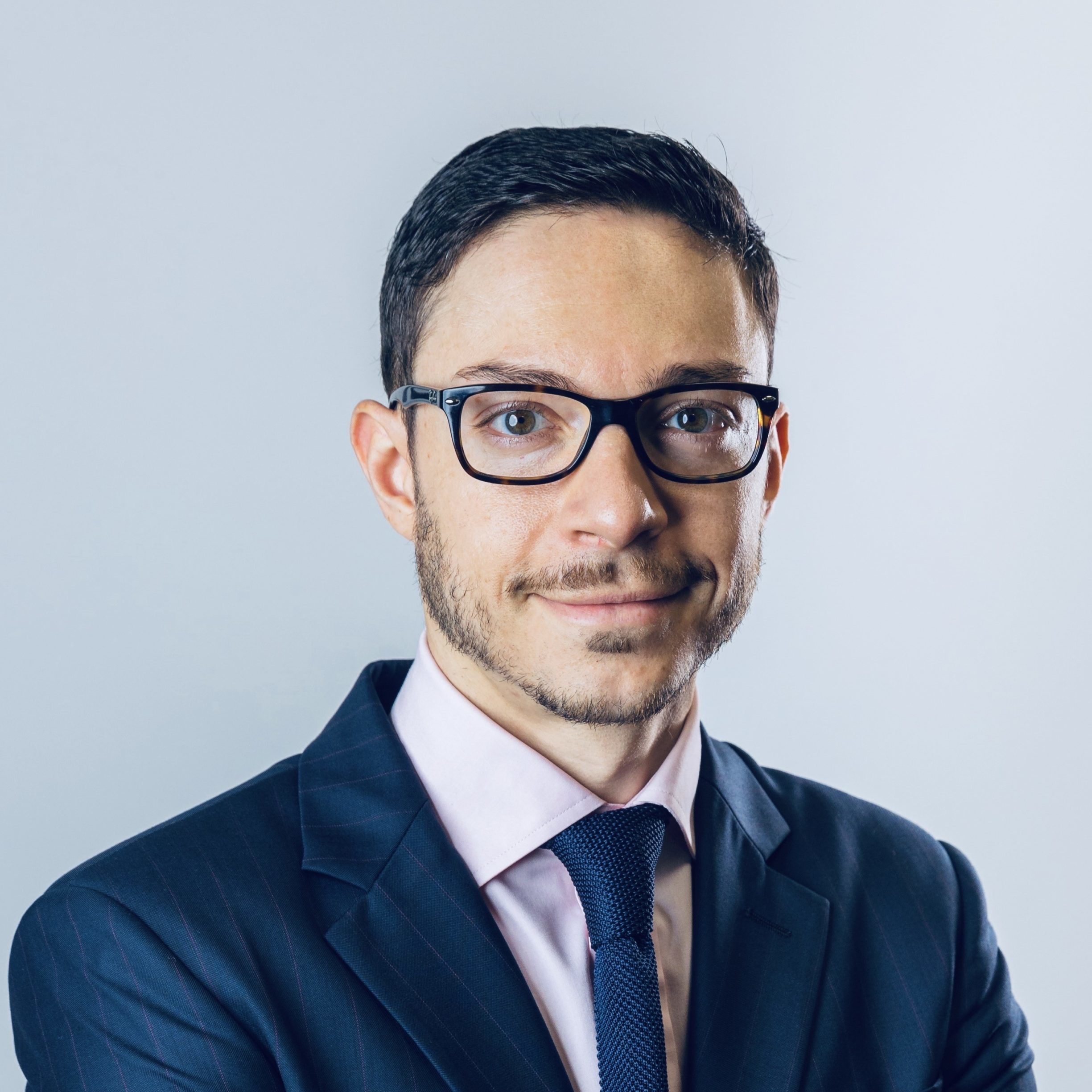
Alex Fergnani
Higher Colleges of Technology
Alex is a (strategic) foresight researcher and executive educator. He currently serves as Senior Lecturer (Associate Professor) of Business Administration at Higher Colleges of Technology, Abu Dhabi. He obtained his Ph.D. in Management and Organization (focus: corporate foresight) at NUS Business School. He conducts research on corporate foresight, corporate strategy, and foresight theories and methods. Thanks to his contribution to the field of organizational foresight, he was awarded numerous awards, including the President fellowship by the Singapore government, the Fetzer scholarship by the Academy of Management, and a honorary research fellowship by Strathclyde Business School. His research has been published in the journals Academy of Management Perspectives, Harvard Business Review, European Business Review, Futures, Futures & Foresight Science, Foresight, and World Futures Review, among other outlets. Alex regularly gives foresight workshops globally and has advised and trained dozens of public and private organizations on their foresight capabilities. Topics of expertise include scenario planning, foresight methodology, strategic management, metamodernism and philosophy of science.

Mark Healey
Alliance Manchester Business School
Mark Healey is Professor of Strategic Management and Head of the Innovation Management and Policy Division at Alliance Manchester Business School, University of Manchester, UK. His research focuses on managerial and organizational cognition, particularly the role of cognition and emotion in strategic adaptation. Mark’s research has appeared in some of the world’s leading management journals, including Academy of Management Journal, Academy of Management Review and Strategic Management Journal. His research has featured regularly in the business press, including The Financial Times, Forbes, and Harvard Business Review. He has advised senior leaders and executive teams in various sectors, from financial services to advanced manufacturing, on the challenges of thinking and acting strategically in a changing world. He is an Associate Editor of the Journal of Management Studies and has served on the editorial boards of other leading journals, winning several awards for his services to the scholarly community.
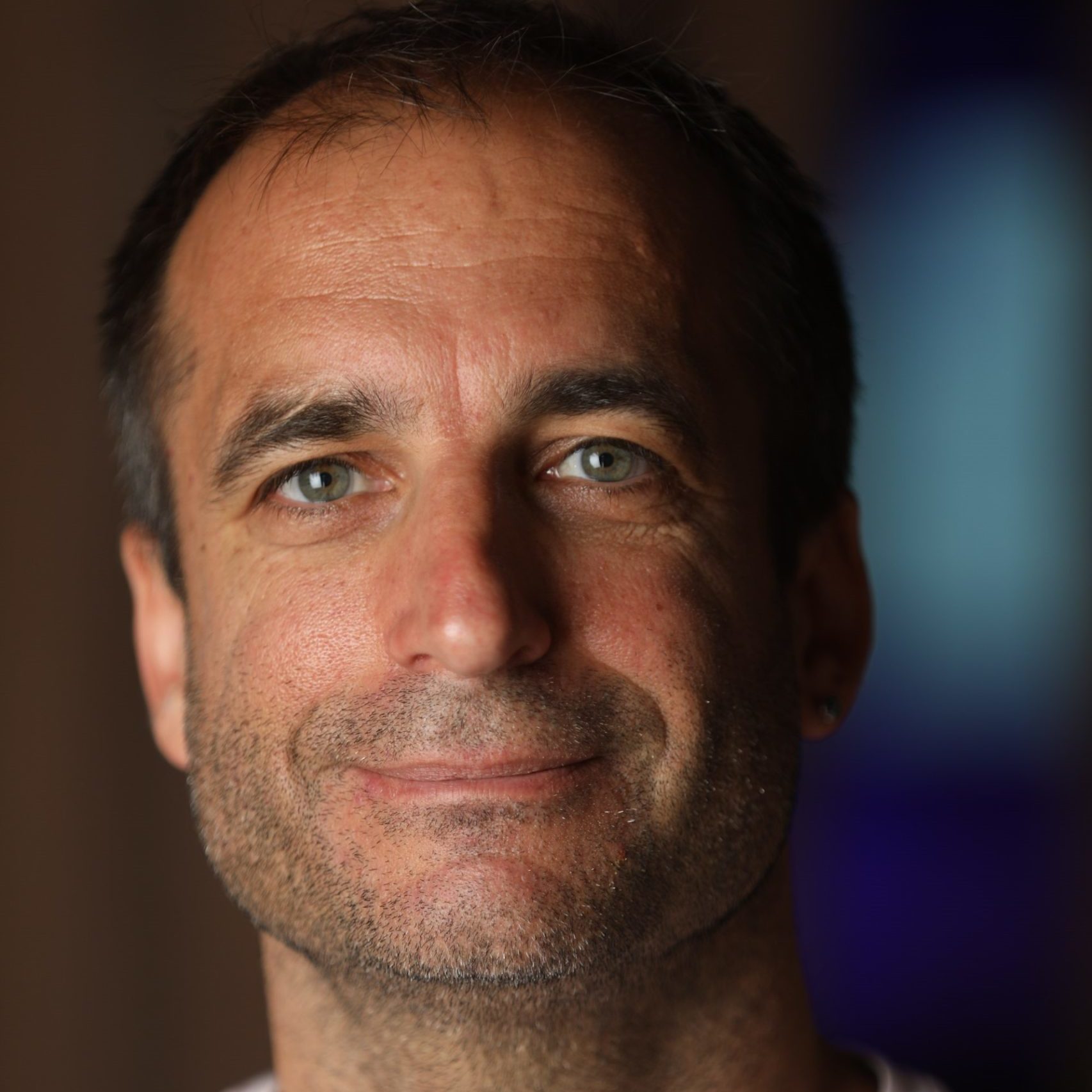
Quentin Ladetto
armasuisse
Quentin Ladetto is the creator and director of the armasuisse Science and Technology foresight program – https://deftech.ch. It inspires, informs and instructs the armed forces and its various stakeholders about the opportunities and threats brought about by the use of technology. Quentin holds a PhD in geomatics from the Ecole Polytechnique Fédérale de Lausanne (EPFL), an Executive MBA in Finance from HEC Lausanne and a degree in Technology Management from IMD. He is the co-founder of atelierdesfuturs.org and a founding member of the association Futurs.
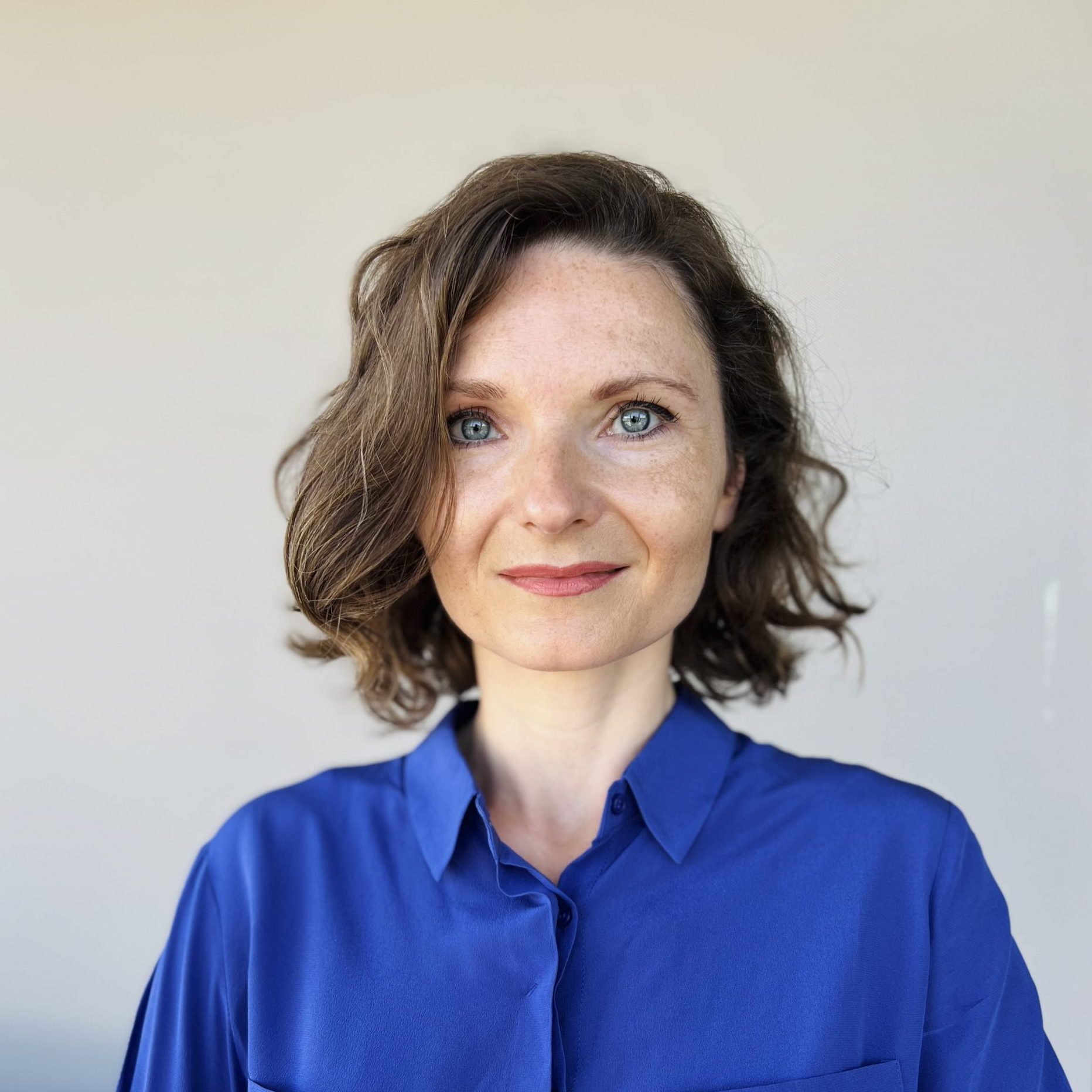
Ewa Lombard
Montpellier Business School
Ewa Lombard is an Assistant Professor of Sustainable Decision-Making at Montpellier Business School. With a background in cognitive neuroscience of emotions and memory, she is known for her expertise in neuroscience and psychology of financial decision-making. Ewa’s current research focuses on decisional processes that lead to sustainable outcomes, for both current and future generations. These encompass future thinking, strategic foresight, and intergenerational decision-making, as well as communication for pro-environmental actions, ethical decision-making in finance, the use of collective intelligence through play-and-work, and (organizational) purpose. She teaches Future Thinking and Neuroscience of Finance, loves to give conference talks and scenario workshops, and writes hard science-fiction in her spare time.
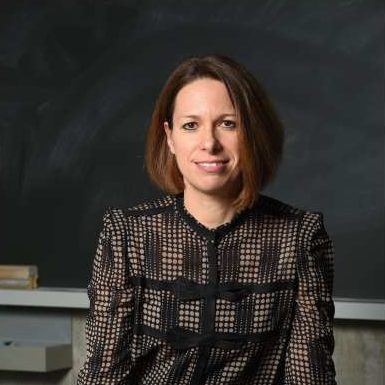
Anette Mikes
Oxford
Anette Mikes is an Associate Professor of Accounting at Oxford Saïd and a Governing Body Fellow at Hertford College. Anette is recognised as a Thought Leader by Harvard Business Publishing (2023) and holds an honorary Fellowship – as the 2023 MISUM Fellow – at the Stockholm School of Economics’ Mistra Center for Sustainable Markets. Anette was the 2017 laureate of the ACA Prize of the University of St-Gallen for her contributions to the field of risk management and financial governance. Between 2014-2019, she was a professor at HEC Lausanne, teaching risk management, management control and accounting for sustainability. Formerly at Harvard Business School, she launched (with professors Robert Kaplan and Dutch Leonard) the Harvard executive education programme ‘Risk Management for Corporate Leaders’. Her research documentary on a man-made disaster (‘The Kursk Submarine Rescue Mission’) won the Most Outstanding Short Film Award at the Global Risk Forum in Davos in August 2014. The latter project signifies her continuing interest in man-made disasters, and her current research project (‘Values at Risk: Management Accounting in the Age of Corporate Purpose’) focuses on the interface between risk management, business ethics and management control.
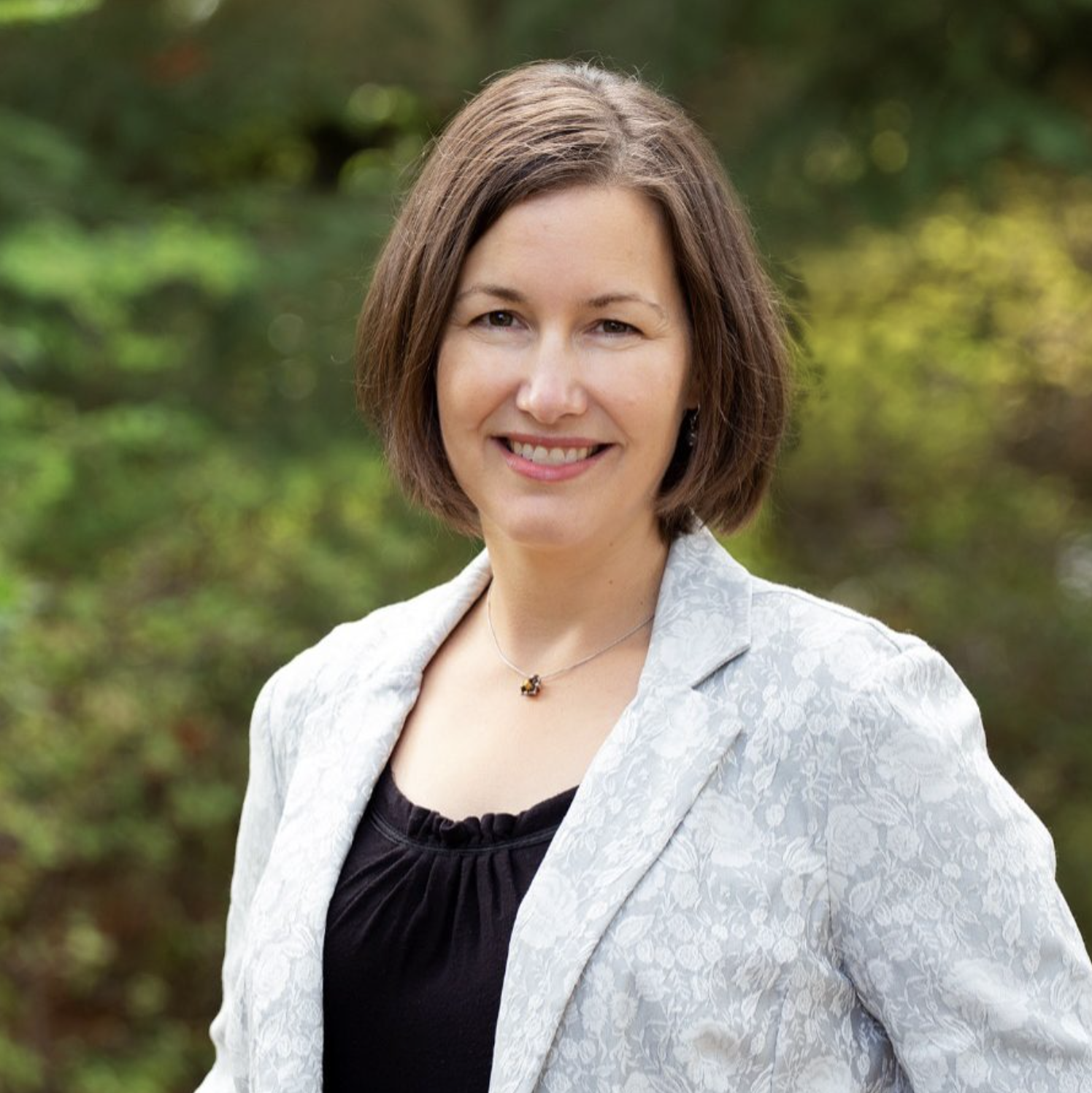
Natalie Slawinski
Gustavson School of Business
Natalie Slawinski is Professor of Sustainability & Strategy and Director of the Centre for Social and Sustainable Innovation at the Gustavson School of Business, University of Victoria. Her research focuses on understanding paradoxes of place and temporality in organizational sustainability and regeneration efforts. Her most recent research examines these themes in the context of social enterprise and community entrepreneurship and relies on an engaged scholarship approach, which has led to an edited volume of chapters co-created with social entrepreneurs and community leaders called Revitalizing PLACE Through Social Enterprise. Natalie serves as Adjunct Professor and Advisor to Memorial University’s Centre for Social Enterprise and is a Research Fellow at the Cambridge University Judge Business School’s Centre for Social Innovation. She is also a member of the editorial review board at Organization & Environment.
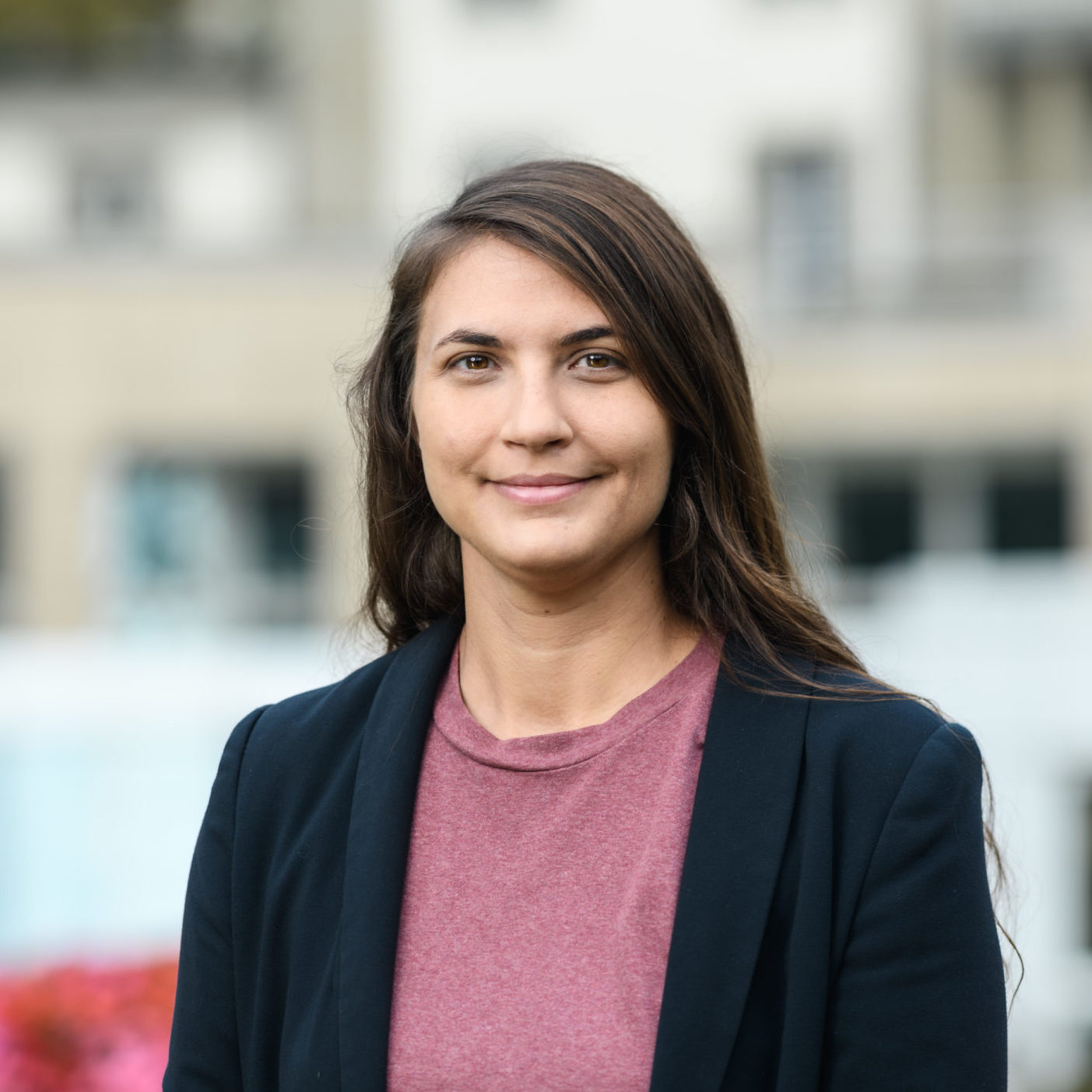
Amanda Williams
IMD Lausanne
Amanda Williams is a research fellow at IMD Business School. Her research lies at the intersection of sustainability and social-ecological systems. She studies how organizations understand global sustainability issues and develop corporate sustainability strategies that align with global targets. She approaches her work from a systems theory perspective and works with qualitative research methods. To co-create desirable futures, she works closely with practitioners and integrates insights from the natural sciences to consider management scholarship and practice in light of the safe and just operating space.
Participants
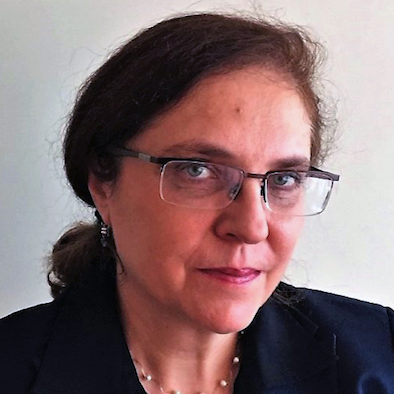
Adina Dabu
Adina Dabu is a Research Affiliate of the Ed Snider Center for Enterprise and Markets in the Robert H. Smith School of Business, University of Maryland, College Park. She received her PhD from the University of Illinois at Urbana-Champaign. Her primary research interests are in the areas of entrepreneurship, the diffusion of management knowledge in less developed economies, new markets creation, the ethics of market processes, and the methodology of grounded theory and comparative analysis. Her teaching portfolio includes Organization Theory, Organizational Change, Organizational Behavior, Business Ethics and Qualitative Research Methods. Her work has been published by Springer, Edward Elgar (forthcoming) and in Organization Science, Journal of Industrial Relations and Eastern European Economics and presented at the meetings of Academy of Management, Strategic Management Society, European Group of Organizational Studies (EGOS), and European Academy of Management (EURAM).
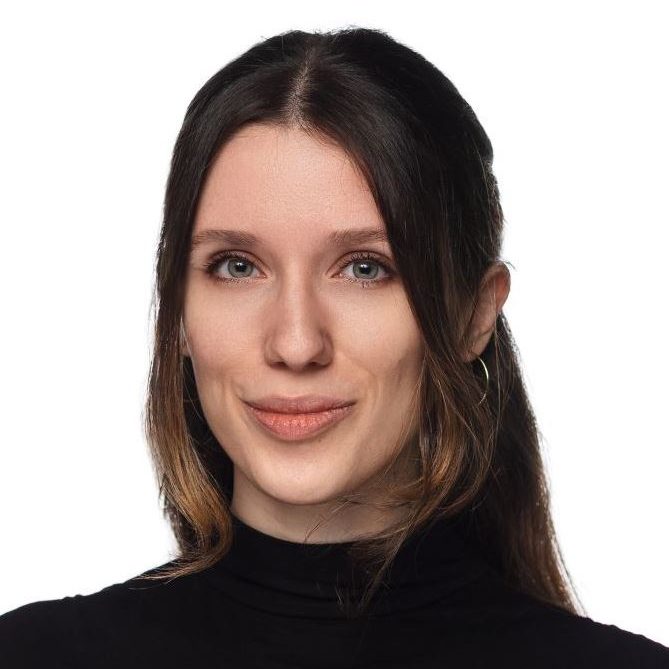
Ines Kuric
I am a PhD student and Teaching and Research Associate at the Research Institute for Urban Management and Governance at the Vienna University of Economics and Business. My research focuses on communicative processes in organizations and institutions, with a focus on visual and multimodal resources. In particular, I am interested in how verbal and visual means afford envisioning imagined futures in the fields of urban planning and policy.
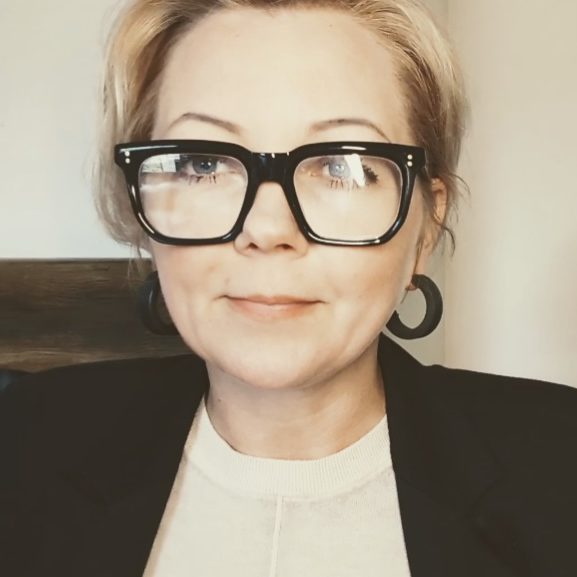
Ionna Trofimova Elliot
Energy transition expert. PhD student, the University of Exeter
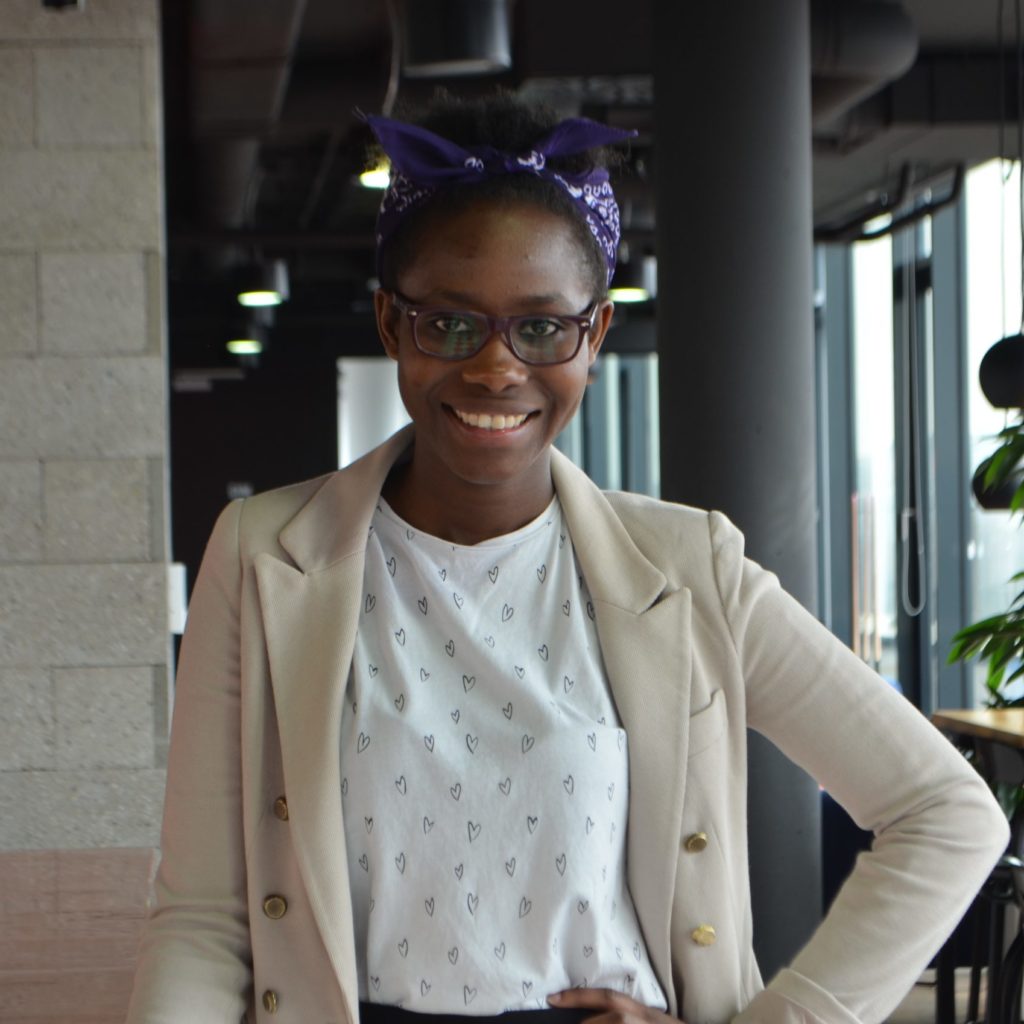
Laverne Iminza Chore
Laverne is a PhD Candidate in the Institute of Organisation and Learning (Human resource management and employment relations research group). With a Master of Science in organisation studies and a focus on sustainability and institutional theory, she applies conventional theories to her research. Her work lies at the intersection of skill formation systems (apprenticeships) and human resource development (upskilling and reskilling initiatives), aimed at promoting decent work (SDG 8). Specifically, her research project explores the institutions of work and employment, examining how "institutional experimentation" can foster sustainable responses to the degradation of work and employment and enhance working conditions for all employees.
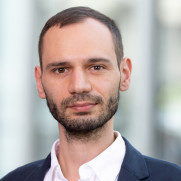
Luigi Mosca
Luigi is a research associate at the Imperial College Business School and an honorary researcher at the John Grill Institute for Project Leadership, University of Sydney.
His research interests lie at the intersection of organisation theory (e.g., future making, practice theory, configurational theory), entrepreneurship, and strategic management. In particular, his research focuses on different forms of online and offline organizing, novel organizational design forms as well as sustainable business model innovation.
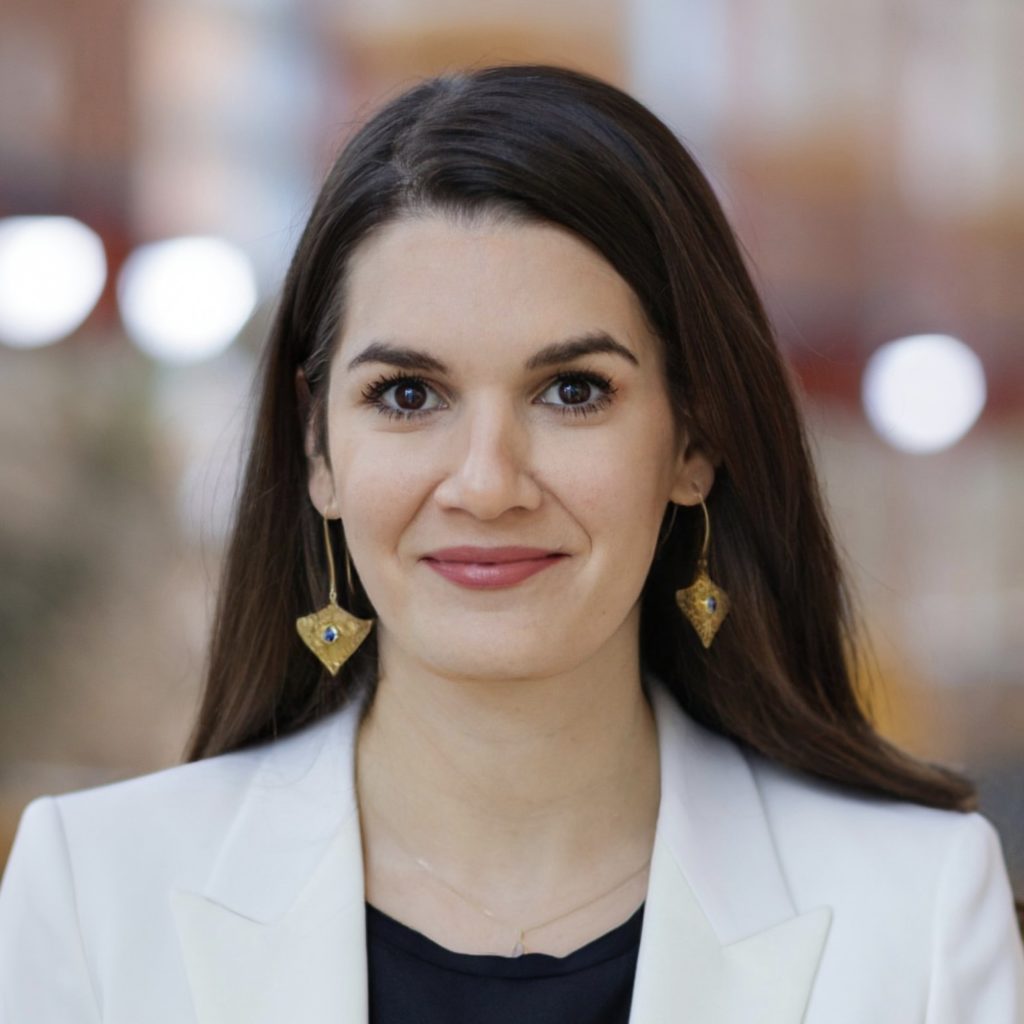
Madeleine Rauch
Madeleine Rauch is an Associate Professor of Strategy & International Business at the University of Cambridge, Judge Business School. Her research focuses on the strategies and challenges faced by people working and living in challenging contexts, such as undocumented individuals in the U.S., medical professionals during the recent COVID pandemic, peacekeepers and soldiers in war zones like Afghanistan, Iraq, Yemen, and South Sudan. She is interested in topics around framing, meaning and morality. Her work has been published in Organization Science, Journal of Management Studies, Research in the Sociology of Organization, Strategic Organization, HBR, among others.
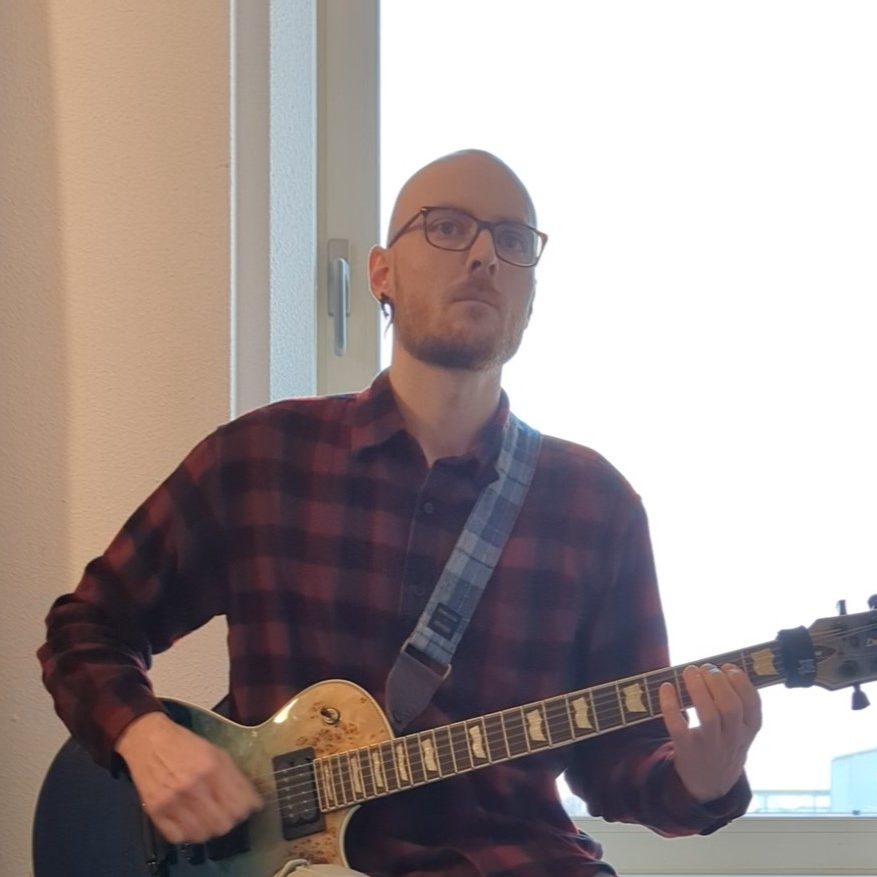
Matthieu Légeret
Matthieu is a postdoctoral fellow within the Faculty of Economics and Business (section Microeconomics) at the University of Amsterdam. His research focuses on moral decision-making, particularly on the discrepancies between judgments and behaviors, as well as inconsistencies observed across behaviors over time. Beyond individual decision-making, Matthieu's research extends to exploring the impact of organizational contexts on moral dynamics. He is particularly interested in understanding how organizational structures, norms, and incentives shape individuals' moral reasoning and behavior within organizational settings. Employing an interdisciplinary approach, he draws insights from behavioral economics, psychology, and management to enrich his experimental work.
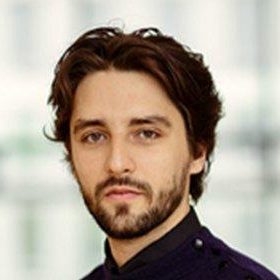
Max Priebe
Max Priebe is a PhD candidate at the Radboud University's Institute for Science in Society, where he investigates anticipatory practices, their circulation and institutionalization. In doing so, he pursues the question of what it takes to establish future directions in pluralistic, spatially diverse, and contested contexts. As a project manager and researcher at the Fraunhofer ISI, he has been engaged in several studies and research projects on mission-oriented innovation policy and the institutionalization of strategic foresight in government, advising the German Chancellery and the Federal Ministry of Education and Research, among others. Previously, Max studied regional science, sociology and futures studies in Berlin and Berkeley.
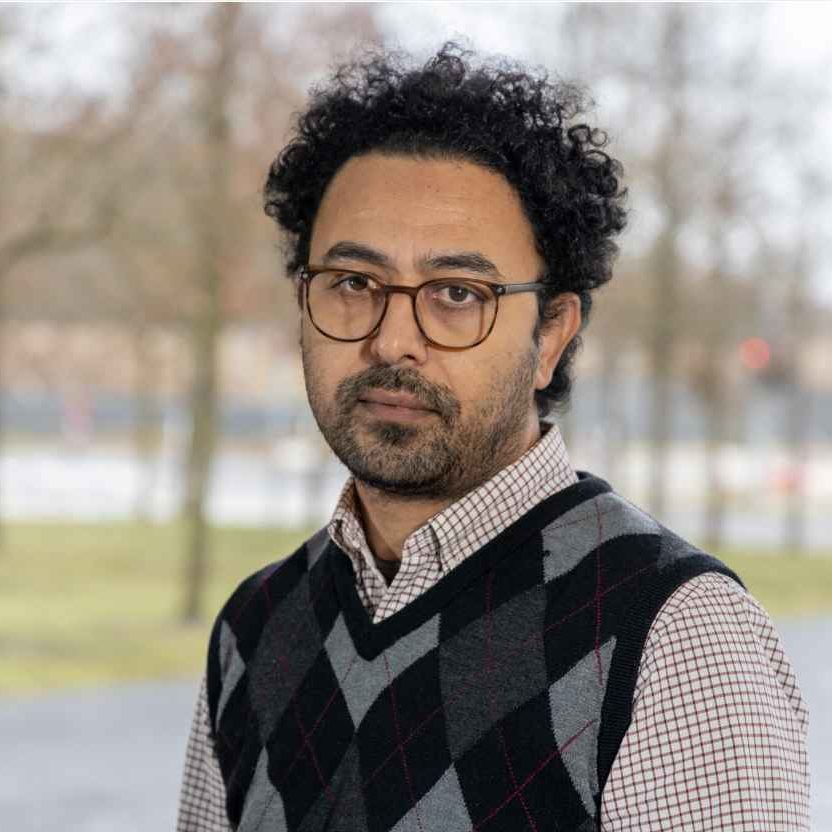
Mohamed Farhoud
Mohamed Farhoud is a social scientist focusing on entrepreneurship in the context of sustainability, crises, and ethics. He is a Postdoctoral Researcher in Entrepreneurship and Sustainability at The Faculty of Law, Economics and Finance, University of Luxembourg and a Visiting Research Scholar at The Kogod School of Business, American University. Mohamed Completed his PhD at both The University of Turku (Finland) and The University of Pretoria (South Africa).
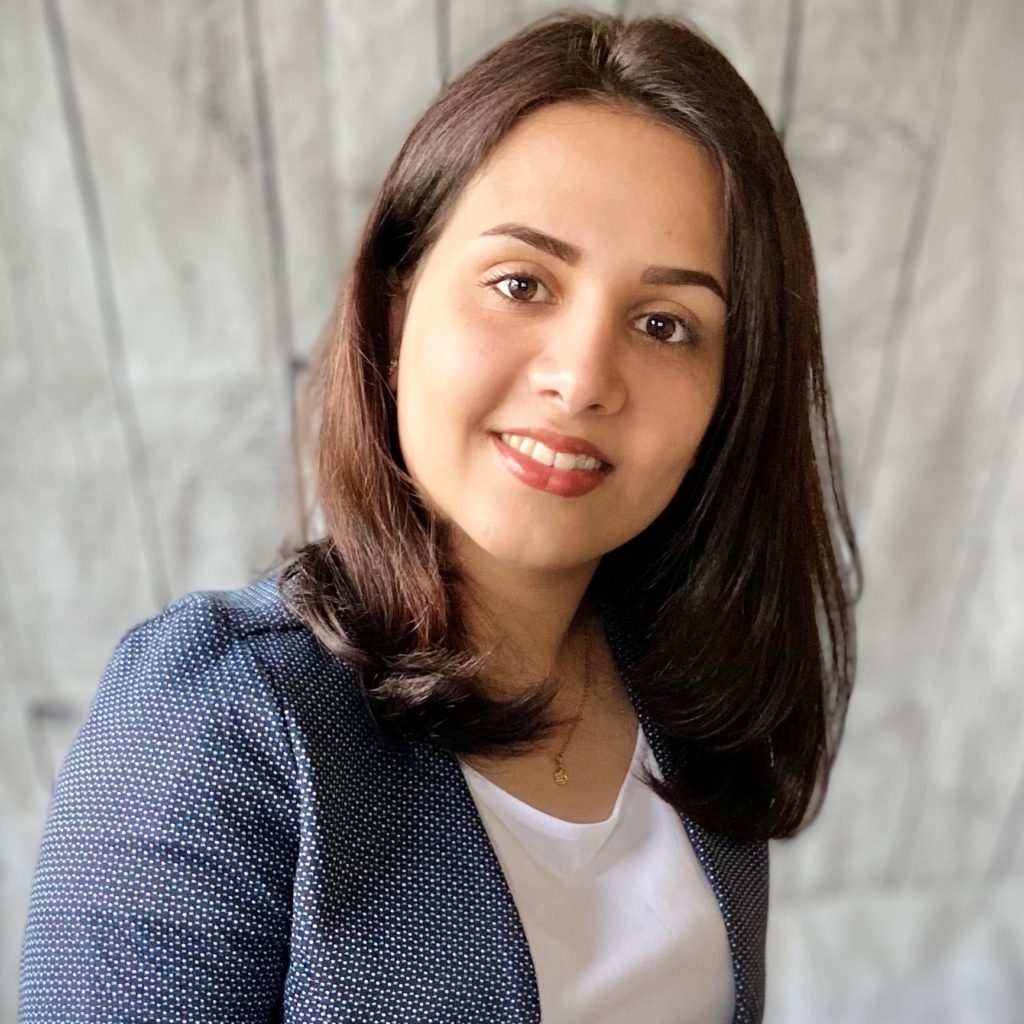
Niki Khorasani
Dr. Niki Khorasani is a Postdoctoral Fellow at the Alberta School of Business, University of Alberta. She recently completed her PhD in Management-Entrepreneurship and Innovation at the University of Ottawa, focusing on the micro-processes of societal change towards crafting desirable futures. In her doctoral research, Niki explored how entrepreneurs disrupt traditional growth paradigms in their businesses to foster a sustainable economic system that respects planetary boundaries. She holds a master’s degree in environmental engineering and a bachelor’s degree in chemical engineering from Sharif University of Technology. Her work has been published in the Journal of Management Inquiry (2023) and is currently under review at Organization Studies. Niki’s research contributes to a deeper understanding of entrepreneurship and desirable futures.
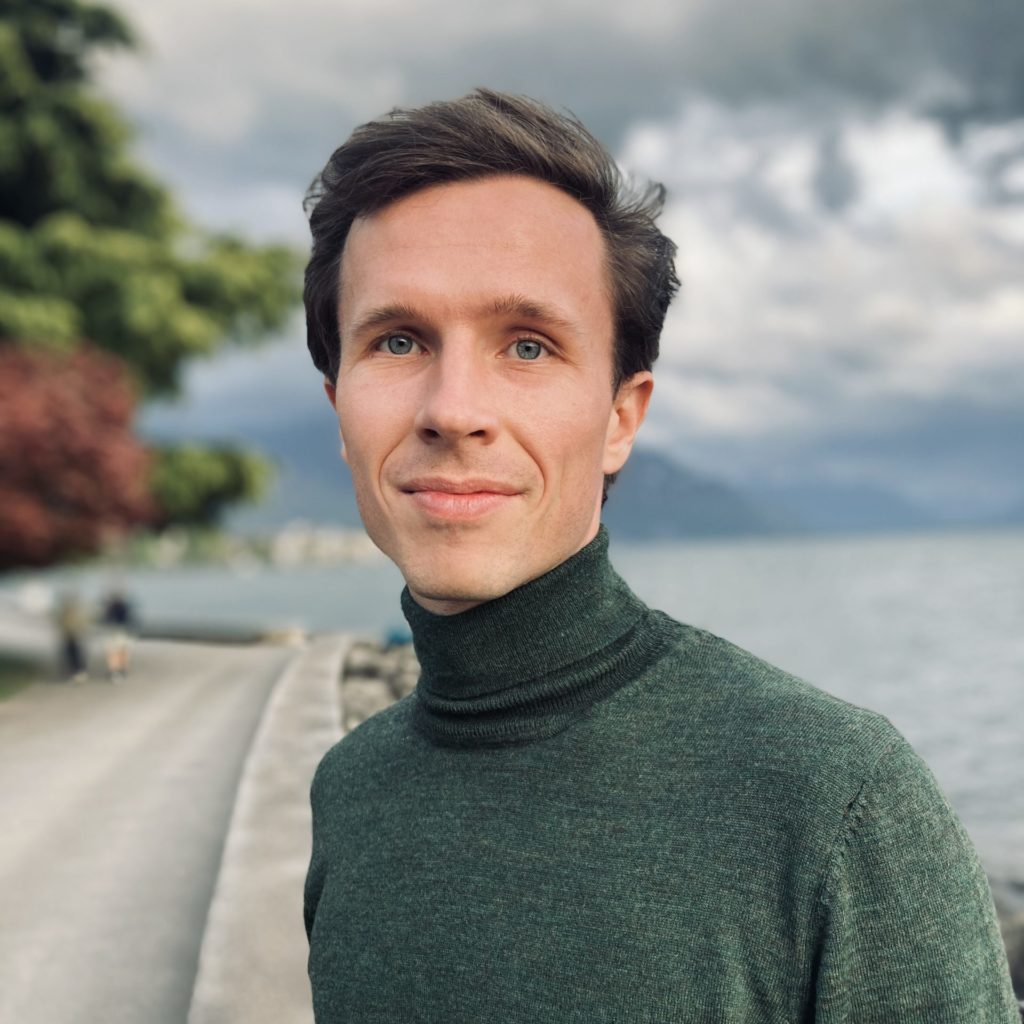
Philipp Censkowsky
Philipp Censkowsky is a second-year PhD student in Organization Theory at HEC Lausanne. His research interests lie at the intersection of finance, organization(s), and sustainability and he works on corporate legitimacy in the context of the Anthropocene. Prior to starting his PhD, Philipp worked three years for governmental and non-governmental bodies in international climate policy. He holds master’s degrees in economics from the University of Sorbonne-Nord (Paris) and the University of the Witwatersrand (Johannesburg). In his free time, he enjoys being outside, playing music and practicing yoga.
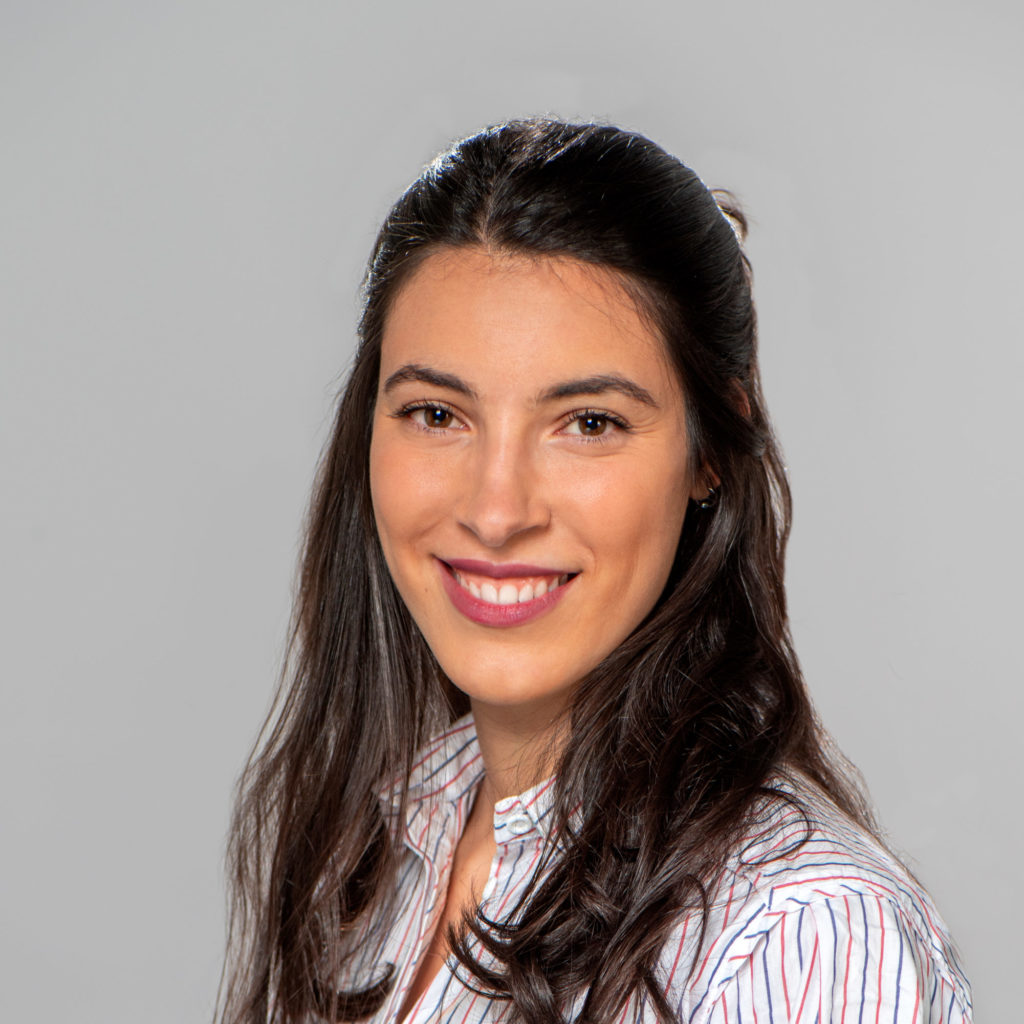
Rossella Rocchino
Rossella Rocchino, an Italian with family roots in Naples and upbringing in Milan, has an adventurous spirit that led her to live in several countries over the past years despite her affection for her homeland. From Ireland to Costa Rica, from Portugal to Germany, she has embraced different cultures and experiences, each of which has enriched her worldview. She currently lives in Munich, Germany, where she is about to finish her doctorate, investigating collective action and community entrepreneurship. She is deeply interested in exploring citizen organizing to improve the quality of life in local communities. After defending her PhD, she will start a post-doc position at the University of Geneve, as part of a bigger research project on community entrepreneurship and civic wealth creation, together with Prof. Bacq, Prof. Hertel, prof. Lumpkin and Prof. Vedula.
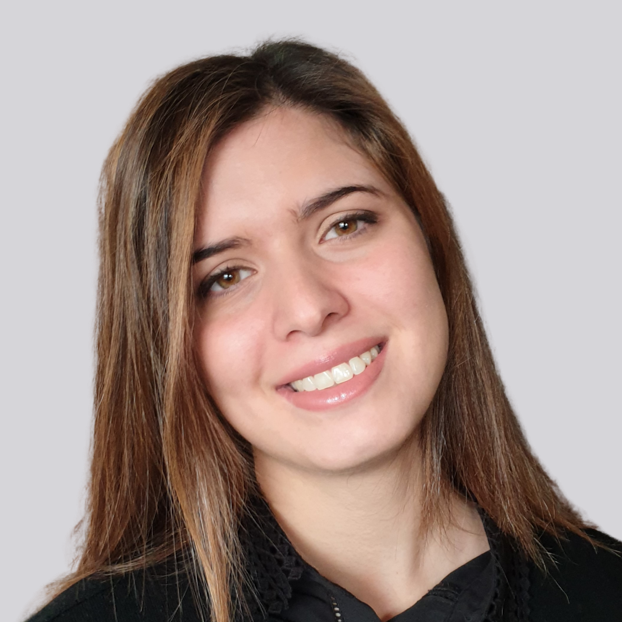
Ilaria Durante
Ilaria Durante is Ph.D. Candidate and Researcher of the LEADIN' Lab, the Laboratory of LEAdership, Design and INnovation of the School of Management - Politecnico di Milano. She is also Senior Researcher at the Observatories “FUTURES | Sense Making by System Thinking” and “Design Thinking for Business” of the School of Management – Politecnico di Milano. Her research interest focuses on design-driven future-making practices in organizations, at the intersection of the areas of Organizational Studies, Futures Studies and Design. She is teaching assistant in Design Thinking for Business Course, Business Design Transformation Lab and Design Management for Product Service System Course at Politecnico di Milano.
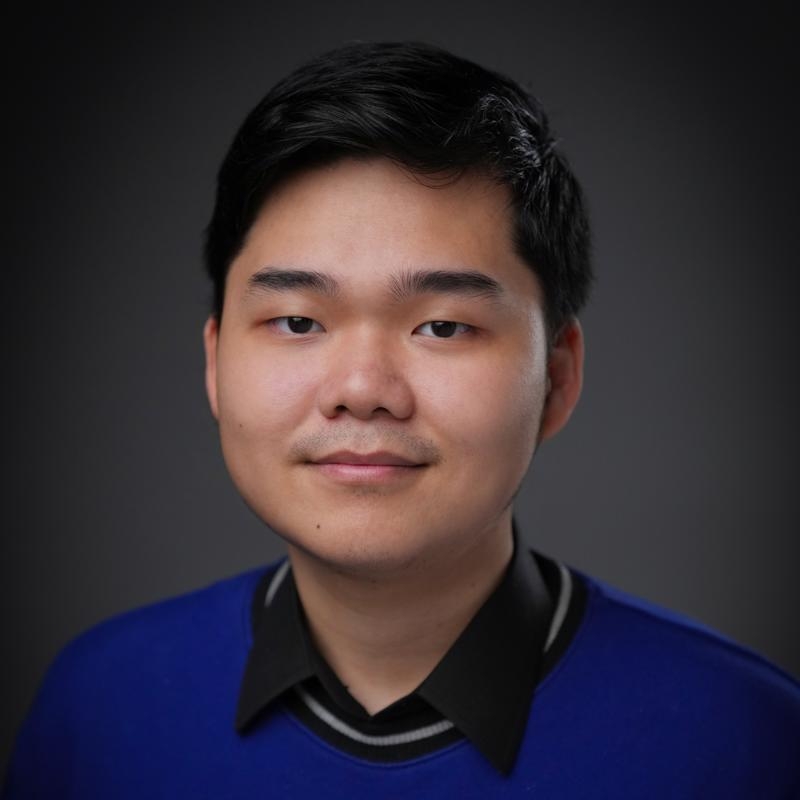
Hieu Nguyen
Hieu T. Nguyen is a PhD candidate in Strategic Management at the University of Amsterdam Business School. His research investigates how sensemaking and strategic communication influence responsible innovation practices, particularly within the context of the financial industry. This industry presents unique challenges as organizations navigate the intersection of financial goals, emerging technologies, and heavy public scrutiny. Hieu's work has been focusing on developing a typology of organizational claims and analyzing what these claims imply for subsequent strategic decisions. He aims to extend this analysis to the field level, exploring how dynamic interactions between narratives influence the actions of industry players.
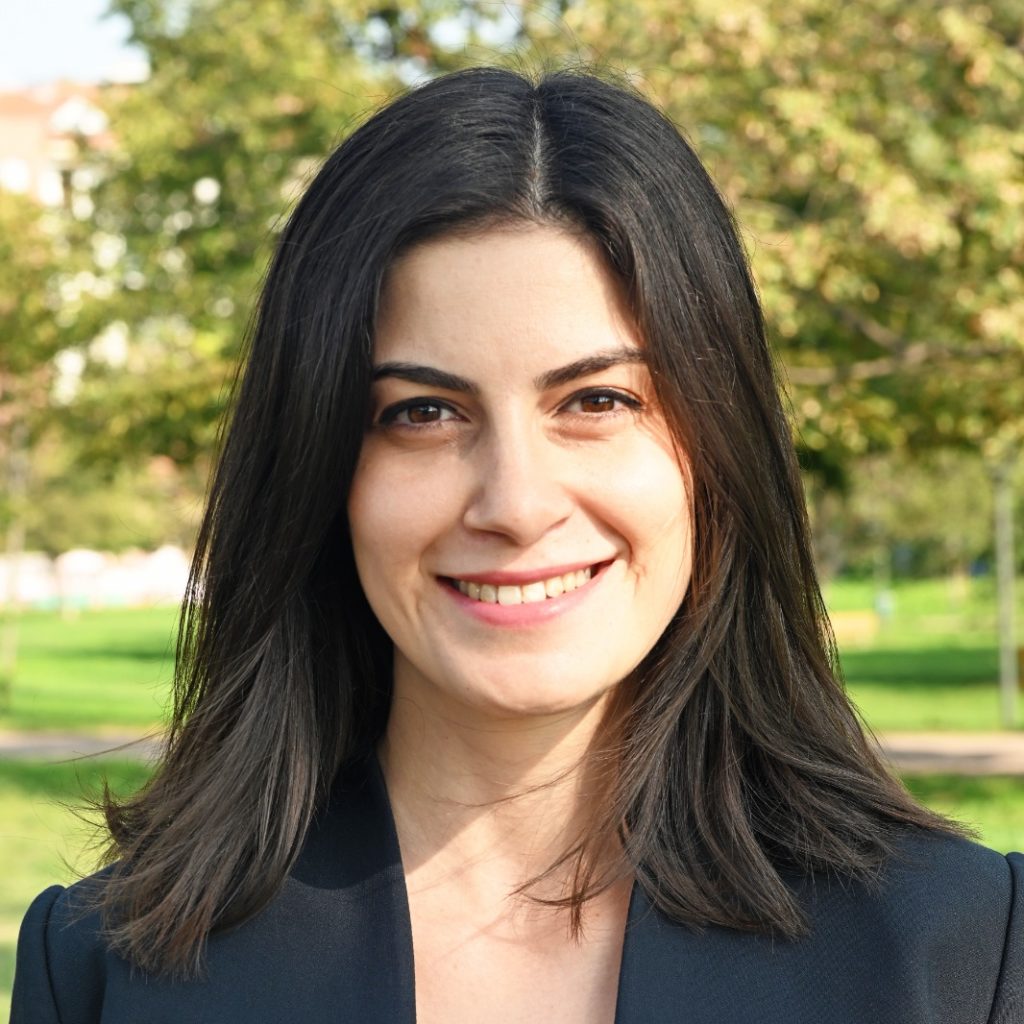
Gizem Kadioglu
Gizem Kadıoğlu is a Ph.D. student and teaching assistant at the Faculty of Communication, Culture, and Society at Università della Svizzera Italiana. She was awarded with Doc.CH grant given by the SNSF in March 2024. Her current research, funded by the Doc.CH grant, is centered around research methodology, with a particular emphasis on engaging with counterfactuals as a methodological tool in management and entrepreneurship studies.
She holds a Bachelor of Science in Food Engineering from Middle East Technical University. She obtained her Master’s degree in Environmental and Food Economics at the Università degli Studi di Milano, specializing in Economics and Management of Agri-Food Systems. Her master’s thesis is on assessing the impacts of climate change on agricultural productivity at a global level. Her master’s thesis evaluated the impacts of climate change on global agricultural productivity.
Gizem’s research focuses include qualitative research methods in management, climate change, sustainability, and agrifood systems.
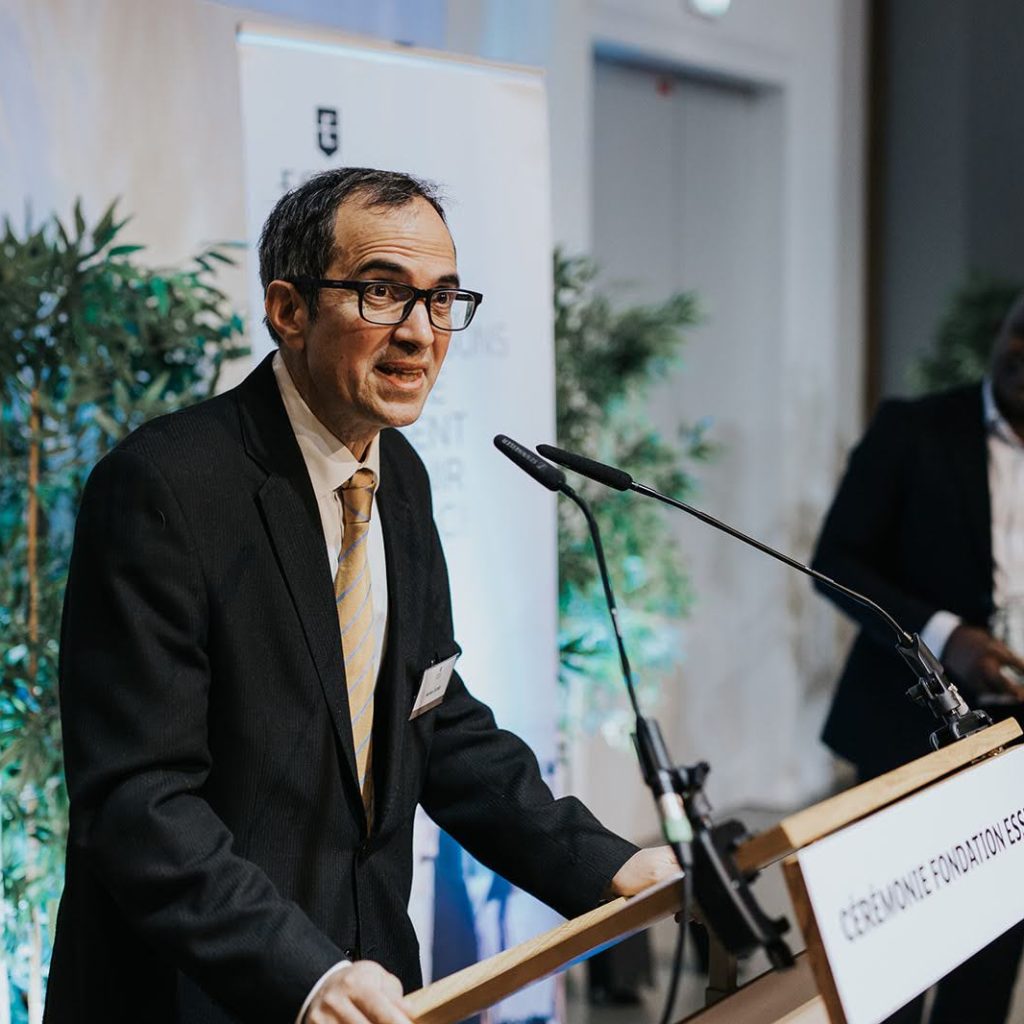
Adrian Zicari
Adrian Zicari is Teaching Professor in the Accounting and Management Control Department of ESSEC Business School, Paris. He has been co-Head of the Accounting Department. He is the Academic Director of the Council on Business & Society, an international alliance of eleven business schools in five continents. Born in Argentina, he holds a doctorate from Universidad Nacional de Rosario and an MBA from Universidad Adolfo Ibáñez, Chile. He is interested in measurement practices in sustainability, particularly in the potential of Value-Added Statements as a tool for stakeholder management. His work appears in several academic journals: Critical Perspectives in Accounting, Technological Forecasting and Social Change, Journal of Business Ethics, Journal of Cleaner Production, Comptabilité-Contrôle-Audit, Corporate Social Responsibility and Environmental Management, Social and Environmental Accountability Journal, BMC Health Services Research, among others. He has been part of the Pedagogical Committee of the European Accounting Association. He received four times prizes from the ESSEC Foundation, for research and for pedagogy. He is associate Editor for Issues in Accounting Education, the pedagogical journal of the American Accounting Association. He is editor in the book series The Relational View in Economics (Springer) and the Routledge CoBS Focus on Responsible Business. He published three books in Edicon, the editorial house of the Consejo Profesional de Ciencias Económicas from Buenos Aires, Argentina. He is also honorary representative of Buenos Aires City in Paris and a Guardian for the GRLI (Global Responsible Leadership Initiative).
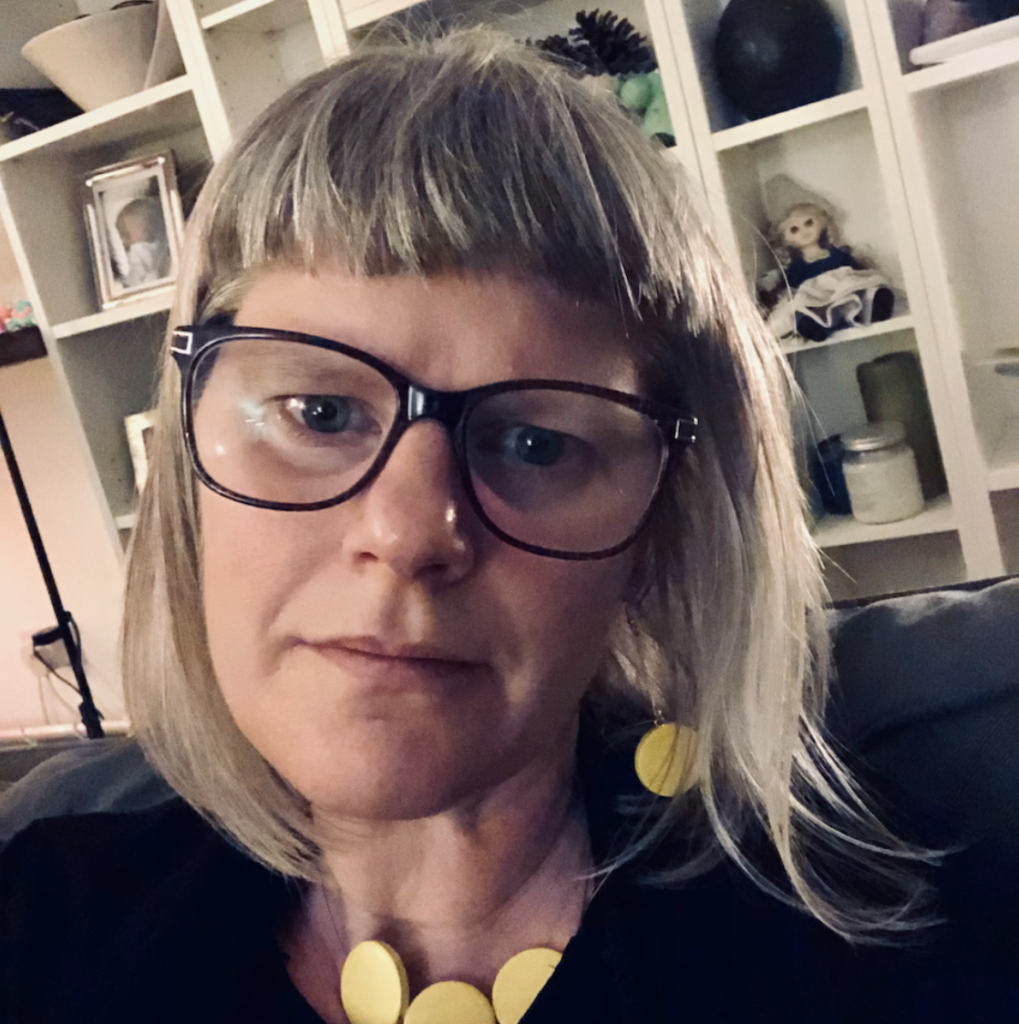
Annmarie Ryan
Dr Annmarie Ryan is Associate Professor in Marketing at the Kemmy Business School. Her research and teaching practice is concerned with understanding the complexities of the digital world with a focus on the shaping and reshaping of markets. She actively engages in transdisciplinary research and practice, and engages and leads in a range of publicly funded international research projects with a focus on system level change and design of future sustainable market forms. Her work is published in a range of high ranked peer review journals including Human Relations, Marketing Theory and Industrial Marketing Management.
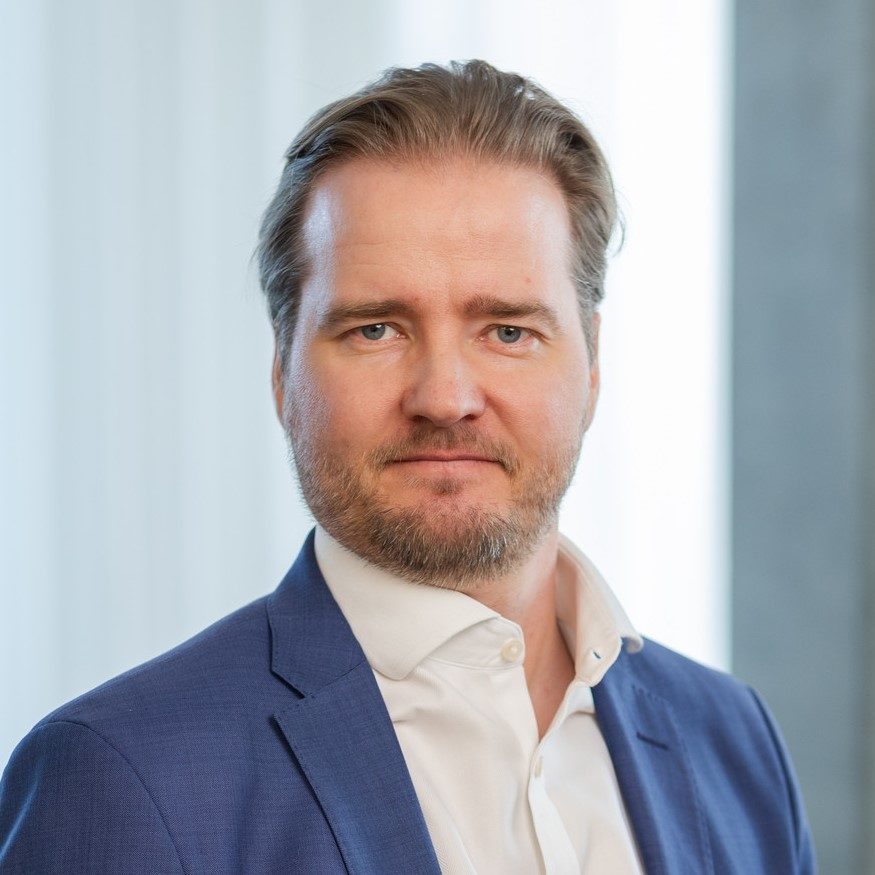
Arho Suominen
Professor Arho Suominen holds a doctorate in engineering and is a Research Professor of strategic foresight at VTT and an Industry Professor at Tampere University. Publishing in leading journals like Technological Forecasting & Social Change and Technovation, his work centers on technological change and foresight. Suominen has secured grants from the Academy of Finland, Fulbright, Business Finland, and the European Commission . He serves as Associate Editor at Technological Forecasting & Social Change.
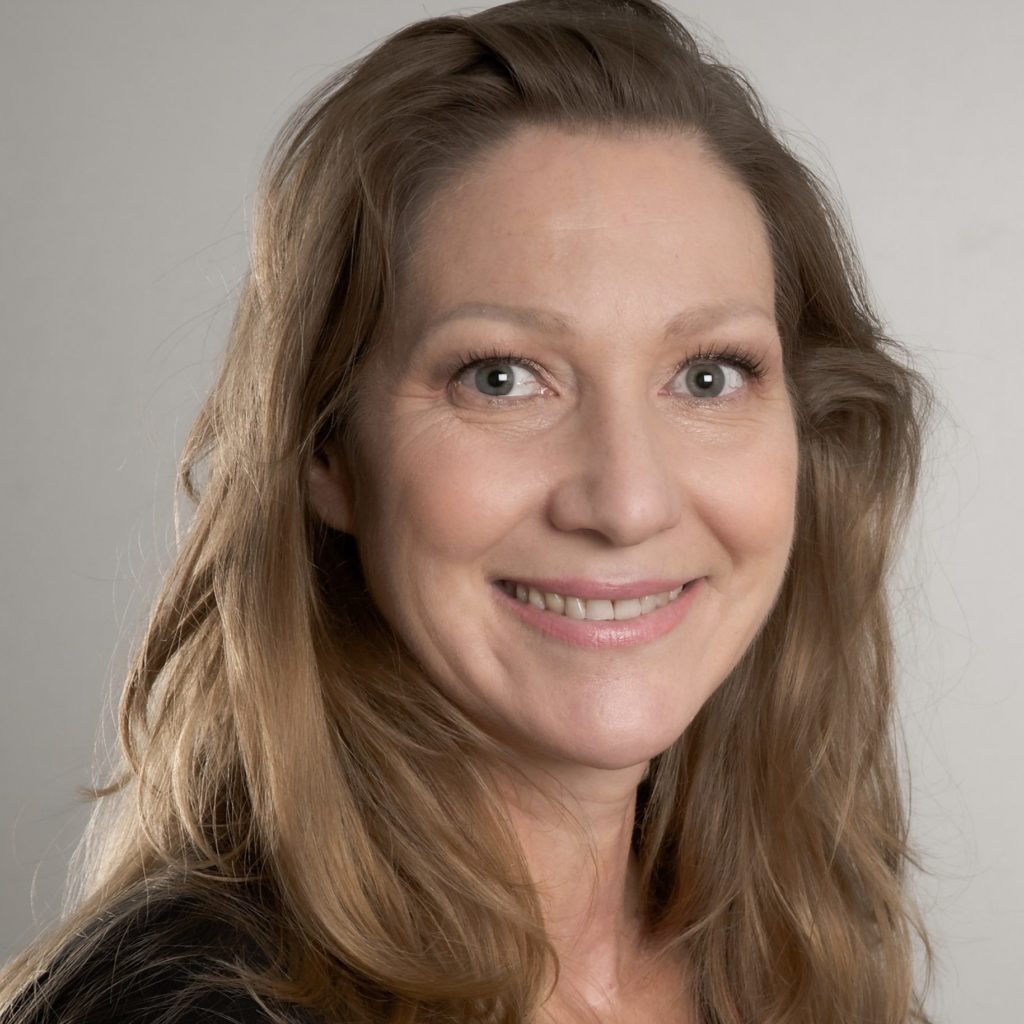
Carolina Serrano-Archimi
Carolina is Associate Professor of Organizational Behavior at Aix-Marseille Graduate School of Management-IAE, and research fellow at CERGAM research center. Binational Swiss and Spanish, her research domains cover managerial and human behavior in organizations, i.e. cynicism at work, trust restoration, workplace sexism. She is member of the ISBM board (charity in charge of the International Teachers Programme). She teaches Change Management, Leadership and Active Teaching Approaches among other topics. She is Professional Coach and Management Consultant and is involved in several international executive education programmes.
She has been the MBA & EMBA programme director for 10 years and opened the Masters in Corporate Communication & Change at Aix-Marseille Graduate School of Management-IAE several years ago. She was Associate Dean of the School for 7 years before the covid period.
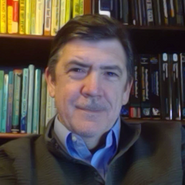
Craig Carroll
Craig Carroll, PhD, founder of the Observatory on Corporate Reputation (OCR), spearheads the Senior Corporate Affairs Summit and conducts the "Future of Corporate Communications" study for Edelman Corporation. Editor of the SAGE Encyclopedia of Corporate Reputation, Handbook of Communication and Corporate Reputation, and Corporate Reputation and the News Media, his research focuses on the impact of communication and media in fostering social change within, through, around and about organizations. He has held academic positions at the University of Southern California and University of North Carolina at Chapel Hill. Currently, as an adjunct professor, he teaches/has taught graduate seminars on corporate reputation, corporate affairs, corporate social responsibility, digital transformation, and research methods across global institutions including Rice University, New York University IE University, Singapore Management University, Copenhagen Business School, IULM University, and University of Ljubljana.
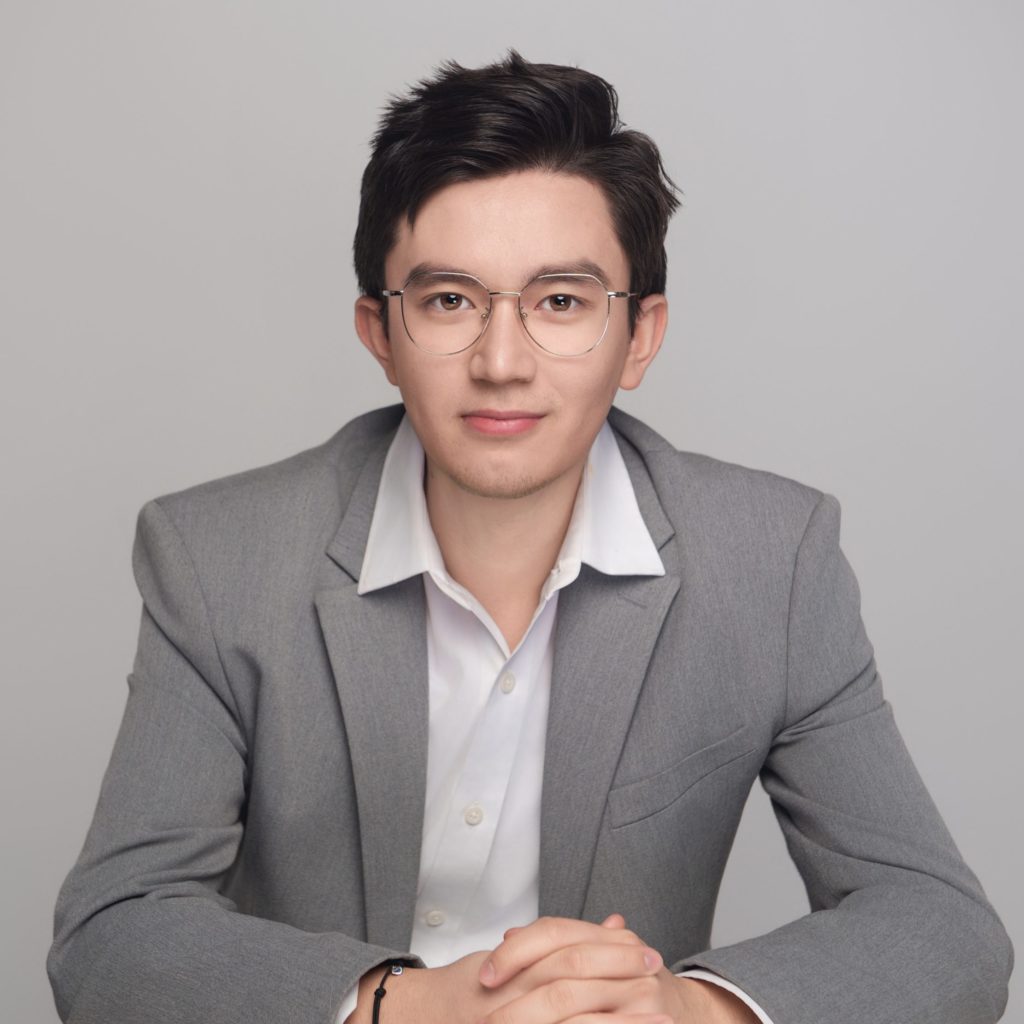
Cyrille Grumbach
PhD Candidate at ETH Zürich in Strategy & Innovation,
With a multicultural upbringing spanning seven countries: France, China, Italy, Switzerland, India, the United Kingdom, and Sweden. I thrive on connecting with individuals from diverse backgrounds. This rich experience has deepened my global perspective and ignited my passion for strategy and innovation research, inspired by observing the varied problem-solving approaches across diverse communities and cultures. My current research focuses on the intersection of innovation and grand challenges, leveraging tacit insights gained from my multicultural background to address these complex and ambiguous grand challenges in novel ways.
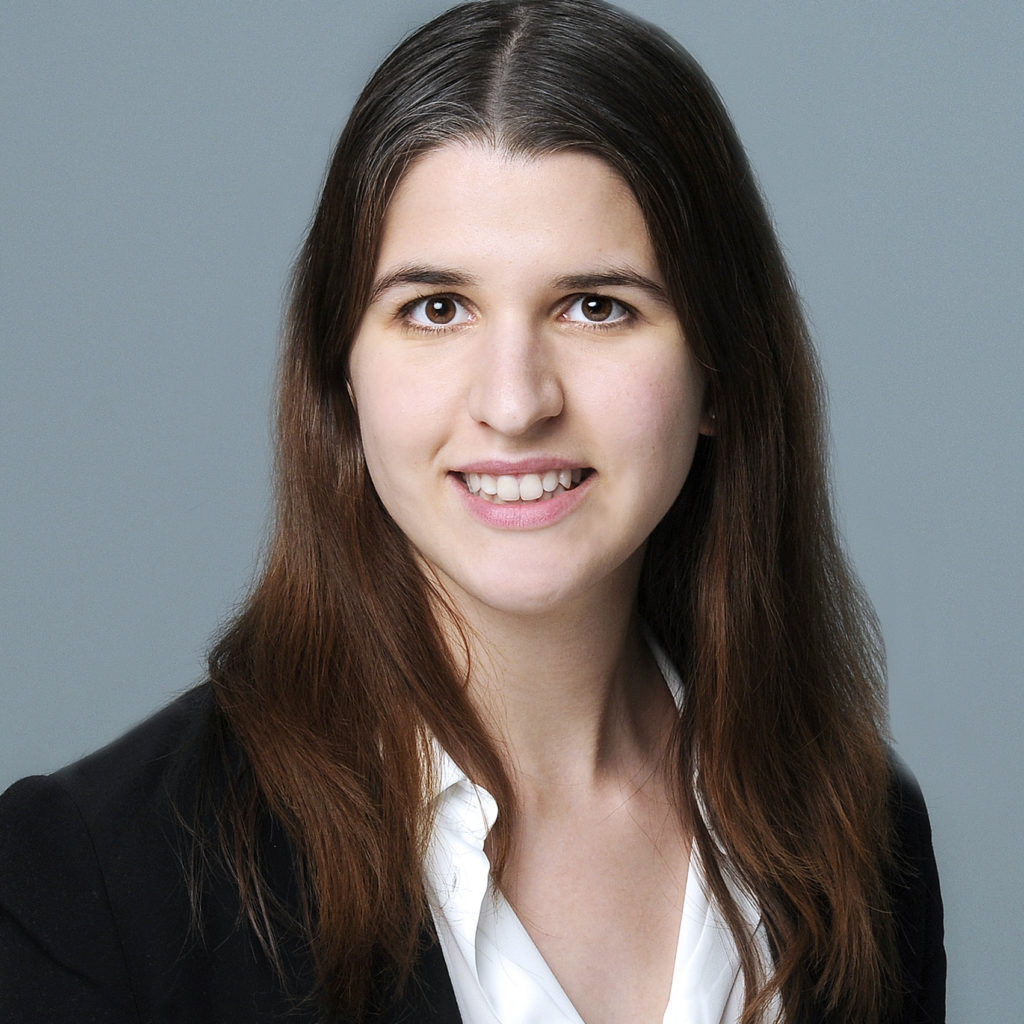
Dana Entenza
Dana Entenza is a PhD candidate in business administration at the University of Zurich, Switzerland. She holds a Bachelors’ and Masters’ Degree in business administration from the University of Lausanne, Switzerland. Prior to starting her academic career, she worked in a boutique consultancy specialized in corporate governance and executive compensation. This experience developed her sensibility to the role of business in society. Her research interests include organization and institutional theory, and in particular adopting a critical perspective on business’ contributions to addressing societal issues.
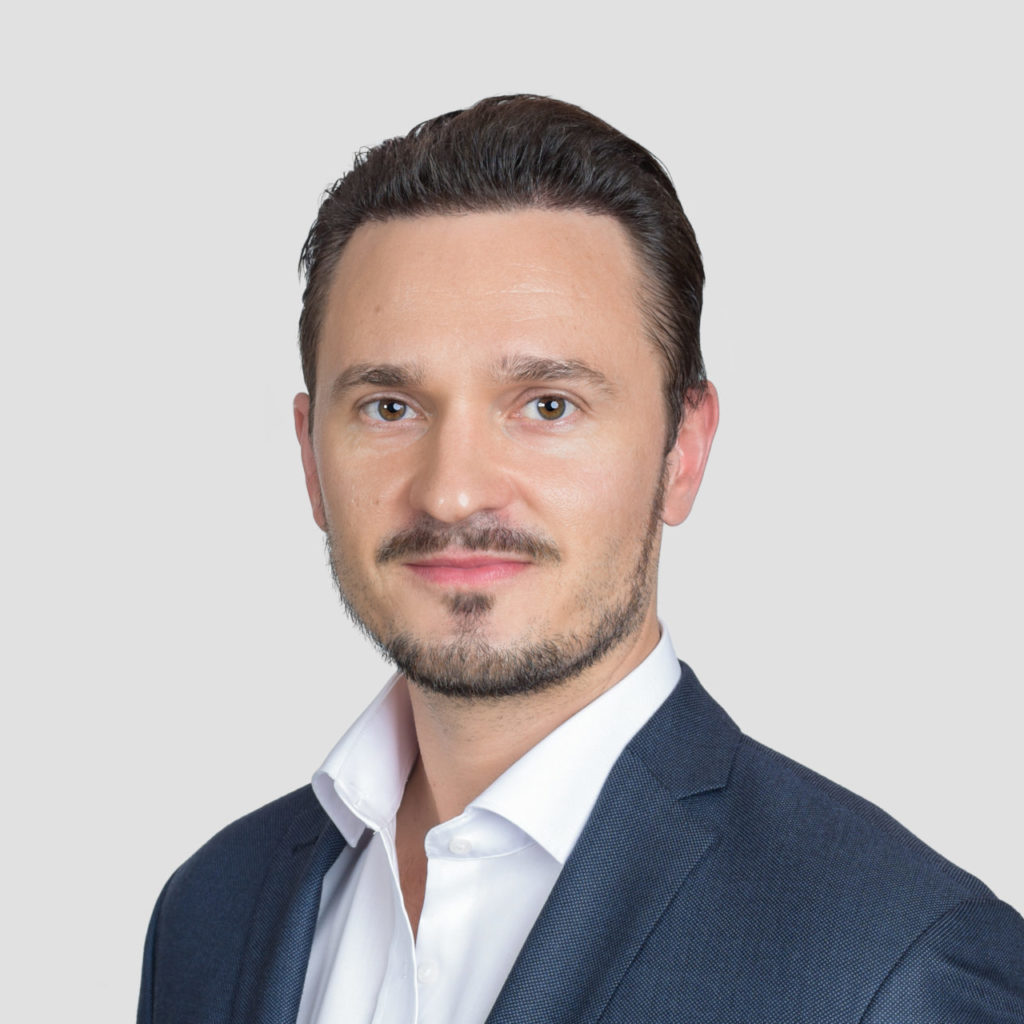
David Risi
David Risi is a Professor of Responsible Management at the Bern University of Applied Sciences (Business) and a Habilitated Lecturer (Privatdozent) at the University of St. Gallen. David's research focuses on corporate responsibility and sustainability management and has appeared in numerous practice-oriented outlets (e.g., Harvard Business Review) and leading academic journals (e.g., Journal of Management Studies). He received his doctorate from the University of St. Gallen and was awarded the 2017 Academy of Management Social Issues in Management Best Dissertation Award. He held senior researcher positions at the University of Zurich and Oxford. David is the principal investigator in major research projects (e.g., supported by the Swiss National Science Foundation). He also works closely with industry partners, speaks on practice panels and takes on consultancy mandates.
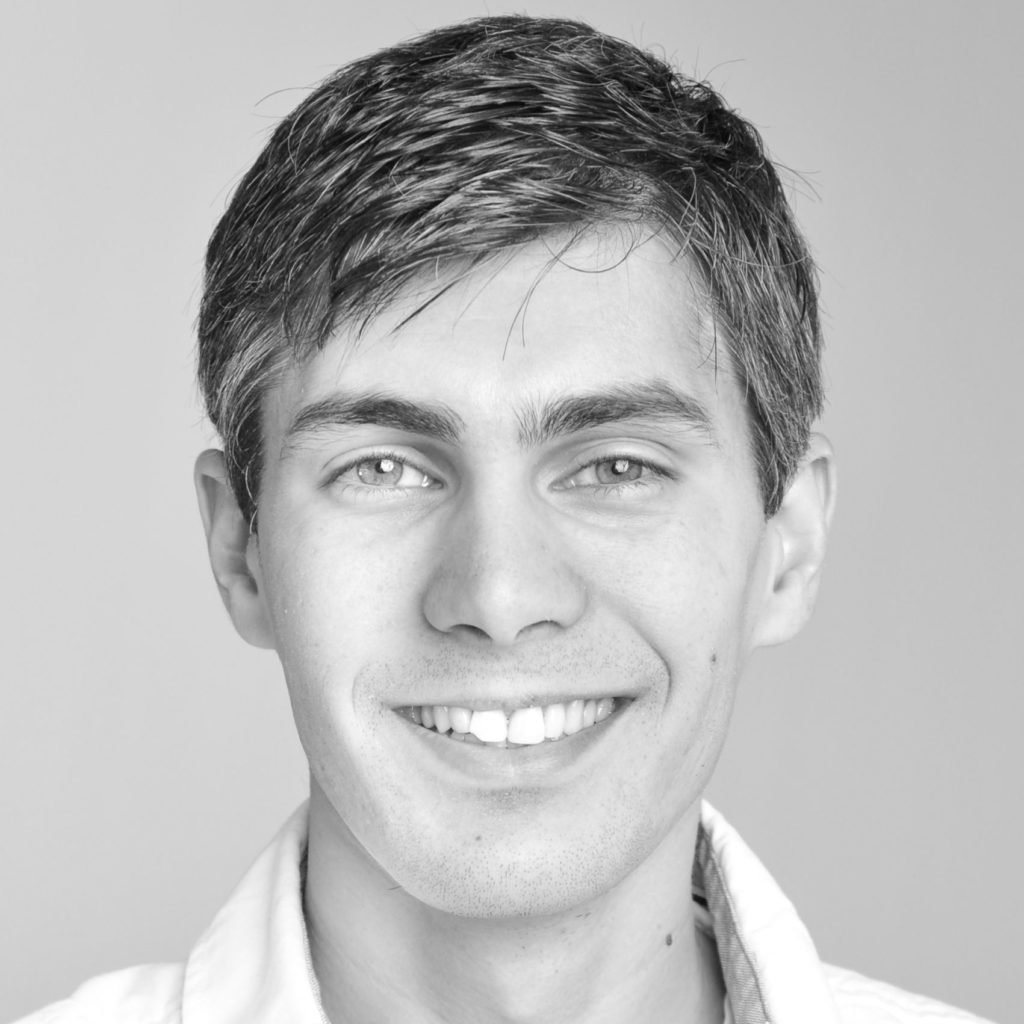
Emamdeen Fohim
Emamdeen Fohim is a postdoctoral research fellow at the KPM Center for Public Management (University of Bern). From an organizational theory perspective, his research examines measures taken by public sector organizations to address the challenges of a constantly changing and complex environment. In his dissertation, he studied the life journeys of selected Swiss spatial planners to understand the establishment of skills that are used in the context of pluralistic settings to initiate institutional change. Currently, he investigates how a shared organizational identity is created among organizational members in the context of ‘New Work’ practices (home office, flexible working hours, flat hierarchies). In addition, as co-founder of the ‘Centre for African Smart Public Value Governance’ with colleagues from Mauritius, he investigates approaches taken by African public organizations to initiate smart public value creation. In doing so, he aims to contribute to organizational theory development from a non-Western viewpoint.
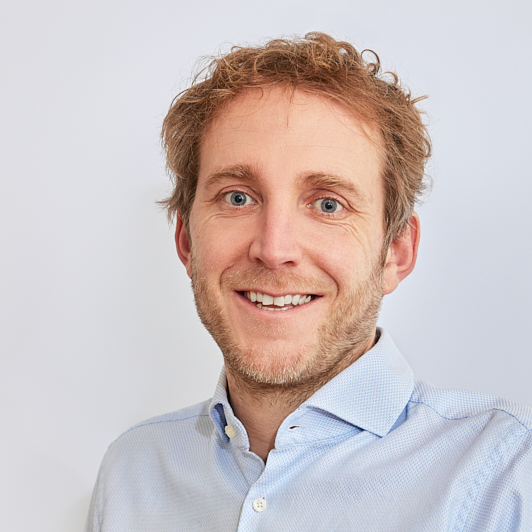
Florian Roth
Florian Roth is a Senior Researcher at the School of Management and Law at the Zurich University of Applied Sciences ZHAW. His work revolves around the links between resilience, innovation and sustainability. Florian holds a PhD in Political Science from the University Konstanz. Before joining ZHAW he worked at the Risk & Resilience Team at ETH Zürich and the Fraunhofer Institute for Systems and Innovation Research. Florian’s current research focus lies on strategies to strengthen organizational and systemic capacities to cope with disruptions and transformations.
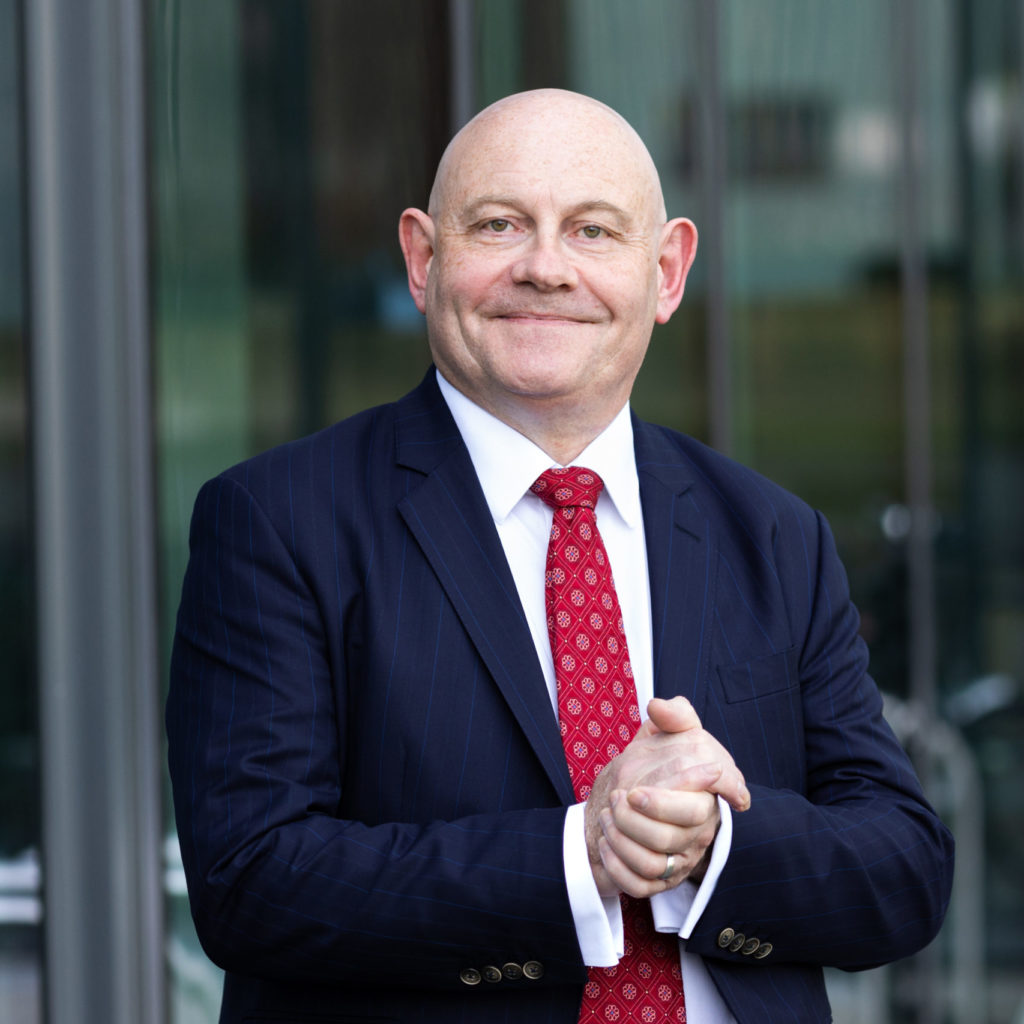
Gerard Hodgkinson
Gerard P. Hodgkinson is Professor of Strategic Management and Behavioural Science at Alliance Manchester Business School, University of Manchester, UK. His research centres on the psychological foundations of strategic management, especially the development of dynamic capabilities, with particular focus on the nature and role of conscious and nonconscious cognitive processes, emotion, and personality and individual differences in strategic adaptation. Other work addresses the production and diffusion of knowledge in the management and organization sciences and its significance for wider publics. The (co-)author of over 150 scholarly journal articles and book chapters, and the (co-)author of three books and co-editor of ten others, in 2021 he was awarded the Medal for Research by the British Academy of Management, in recognition of his sustained contribution to the development of behavioural strategy. A HCPC-Registered Practitioner (Occupational) Psychologist, he has undertaken numerous consultancy projects with private and public sector organizations, and held significant leadership positions in several major universities and learned societies.
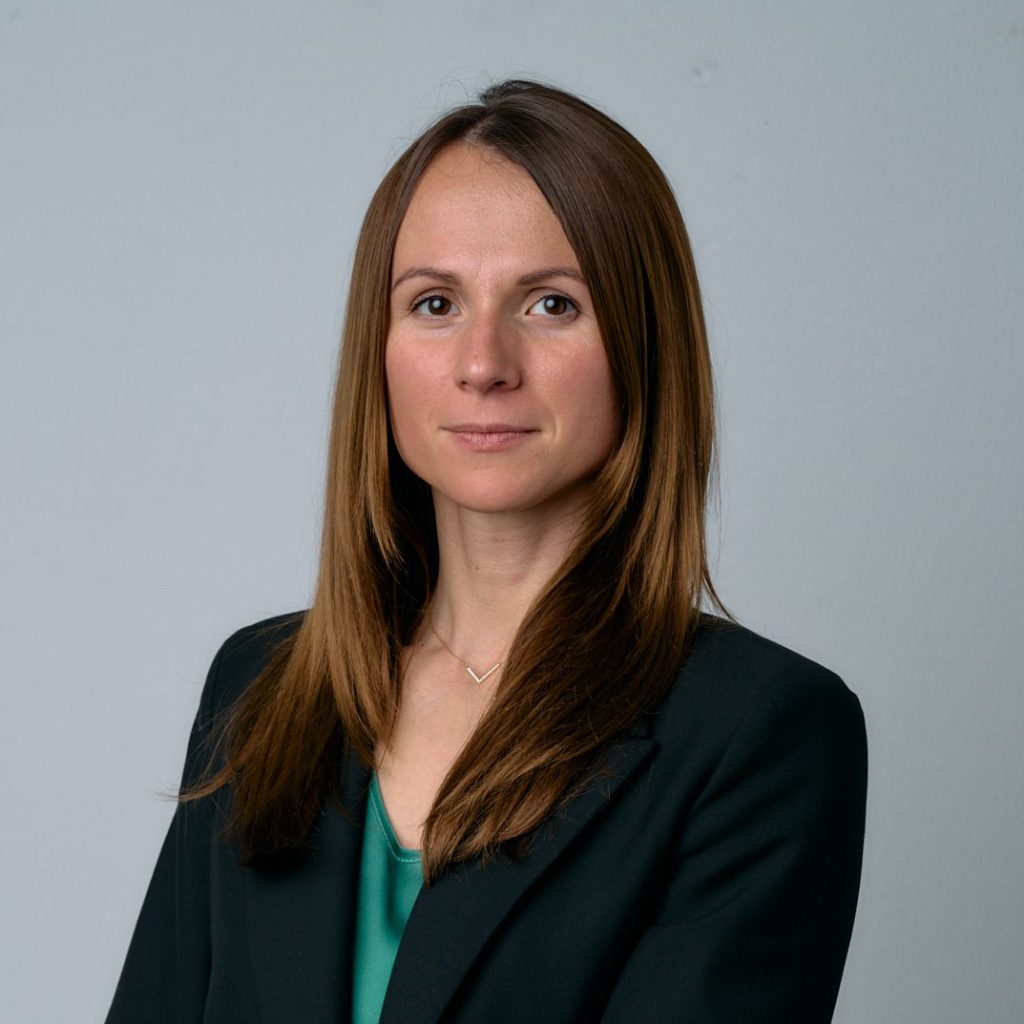
Tatyana Tsukanova
Dr. Tatyana Tsukanova is a Research Associate at EHL Hospitality Business School, a Visiting Lecturer at HEC Lausanne, and ECSB Visiting Scholar. Her research is focused on entrepreneurship, strategy, and ecosystems. She is interested in foresight methods to explore how firms and new ventures can anticipate, adapt, and create value in uncertain and complex environments and situations. Tatyana has a PhD in Economics from the University of Tartu (Estonia) and was a visiting doctoral student at HEC Paris. She has extensive experience in teaching, research, and has published in top academic journals and media outlets. At EHL, with Lionel Saul, she works on the foresight project that examines the trends in hospitality.
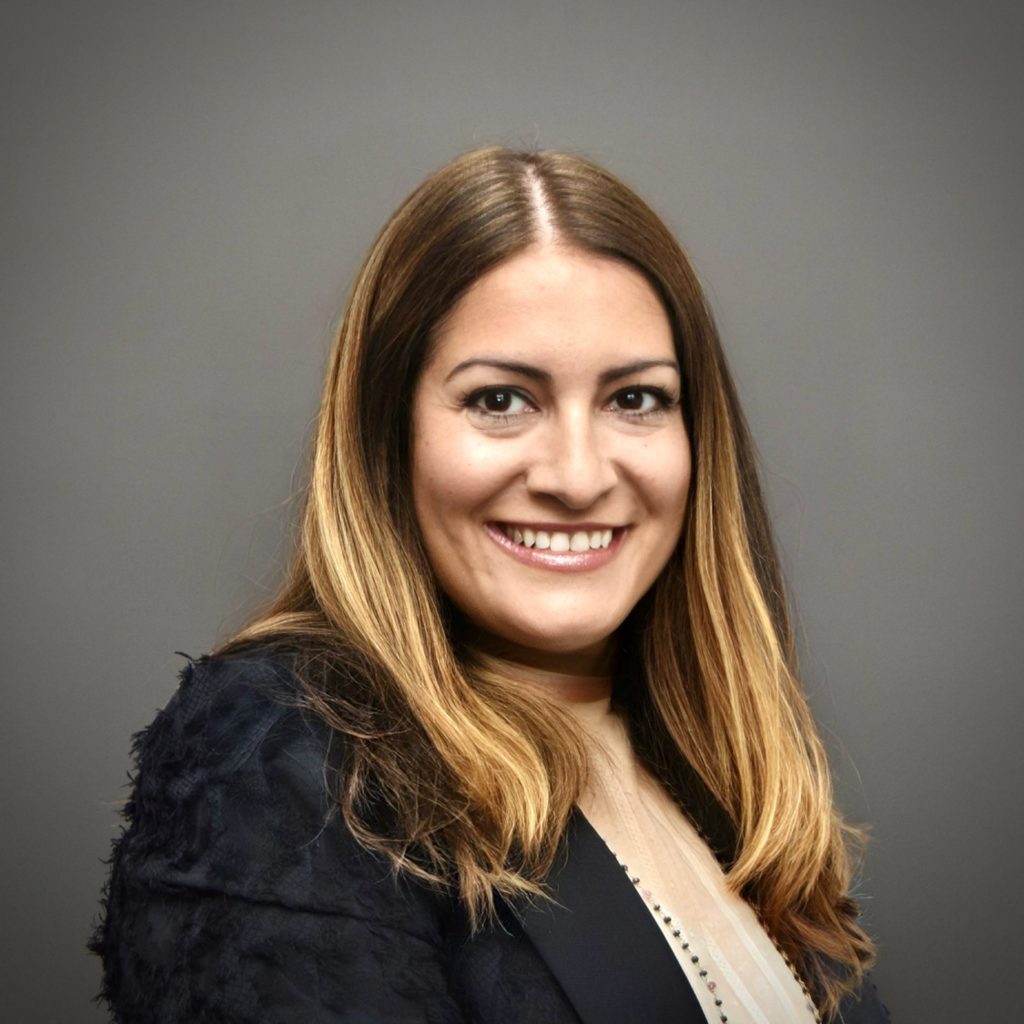
Victoria Kemanian
Victoria Kemanian leads the Business Transformation Initiative and is an IMD Senior Advisor. Her work focuses on corporate-wide transformation programs with top teams at global firms. She is also a Lecturer at the University of Lausanne’s Executive MBA Program, where she leads a module on Sustainability and Strategy. She has also taught at the HEC School of Business' (Paris) EMBA, and led the elective tracks “Creating Value through Sustainability” and “Accelerating Growth in Established Businesses”. Her work spans advisory roles to the United Nations’ International Labor Organization on sustainability education in business schools in emerging countries and to the International Trade Center (WTO-UNCTAD), working with governmental agencies on sustainable trade, trade competitiveness, and inclusive value chains. A doctoral candidate at Cranfield University, her research examines how companies integrate corporate sustainability into their strategic management. Leveraging her practitioner focus and experience in advisory, she explores how firms innovate and transform their business models to achieve sustainable outcomes. Her research is phenomenon-driven and mostly qualitative.

